Let me start writing the content now.Artificial intelligence is revolutionizing how we approach outdoor space design, bringing sophisticated technology to both professional landscapers and garden enthusiasts. These advanced algorithms can generate thousands of unique landscape designs daily, analyzing terrain, climate conditions, plant species, and local architectural styles to create sustainable and visually stunning gardens. AI integration in landscape systems has helped reduce water usage by up to 25% while maximizing crop yields by 20 to 30%. From smart irrigation systems that automatically adjust watering schedules to augmented reality tools that let you visualize plant placement before digging, AI landscape design transforms ordinary yards into extraordinary outdoor sanctuaries while promoting environmental sustainability and resource conservation.

1. Smart Irrigation Systems with AI Water Management
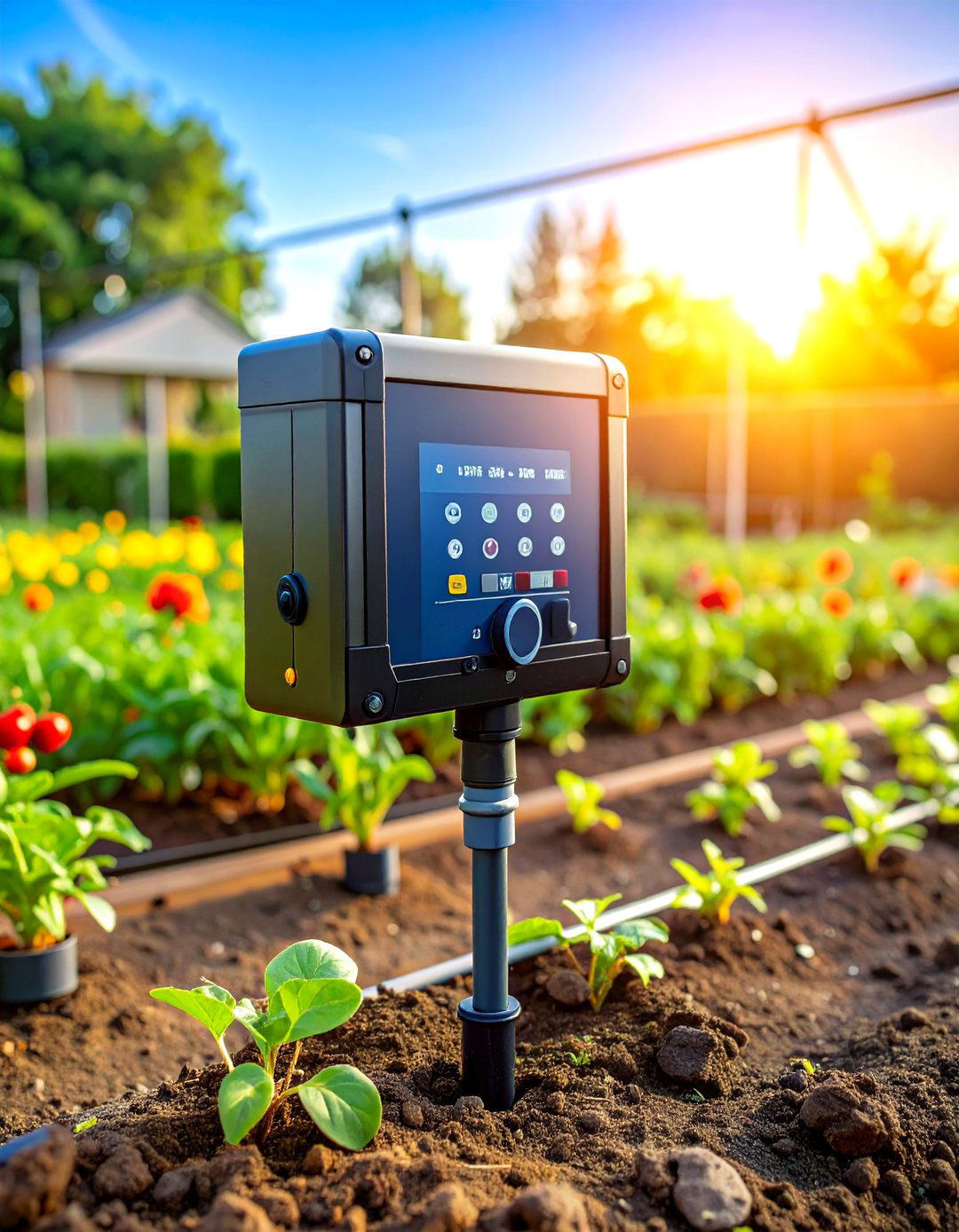
AI-powered smart irrigation systems leverage advanced algorithms to monitor soil moisture levels, weather conditions, and plant requirements. These intelligent systems eliminate guesswork by analyzing real-time data from soil sensors, weather forecasts, and individual plant needs to deliver precise watering schedules. Studies show AI irrigation controllers can reduce water consumption by up to 30% while maintaining or improving plant productivity. The technology prevents overwatering, reduces runoff, and adapts automatically to changing weather patterns. Smart irrigation represents the perfect blend of environmental responsibility and garden health, ensuring your landscape thrives while conserving precious water resources for future generations.
2. AI Plant Selection and Climate Matching Tools
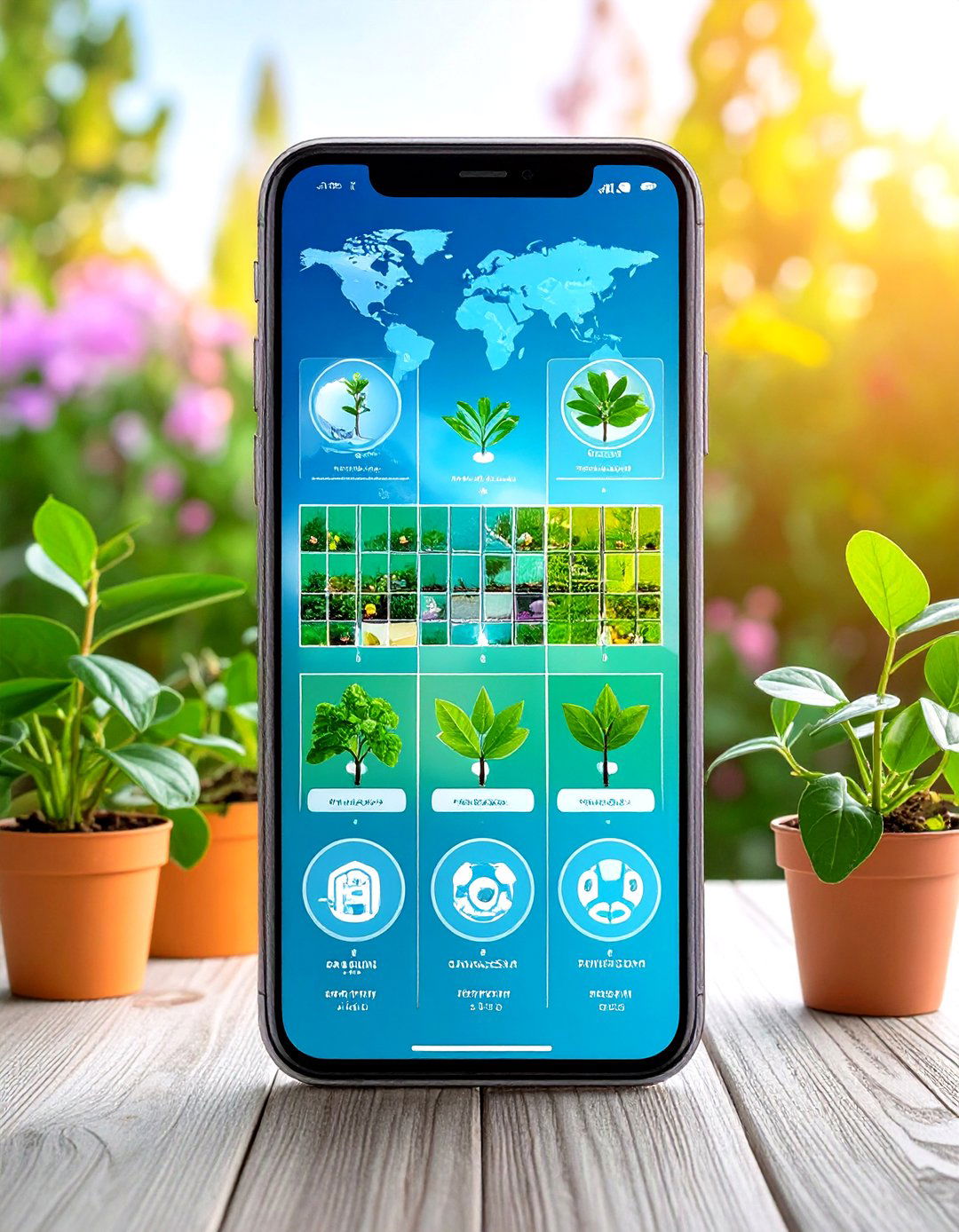
Consider how artificial intelligence transforms plant selection by analyzing your specific microclimate, soil conditions, and aesthetic preferences. AI can swiftly analyze vast datasets and offer recommendations based on climate, soil types, and predefined parameters, giving a great push to the initial design phase. These sophisticated systems consider factors like sunlight exposure, drainage patterns, and local weather trends to suggest plants that will genuinely thrive in your space. Advanced AI tools optimize plant suggestions based on the user's location and climate, ensuring recommended plants will flourish in specific yard conditions. This technology eliminates costly plant failures and creates sustainable landscapes that require minimal maintenance while delivering maximum visual impact.
3. Augmented Reality Garden Visualization
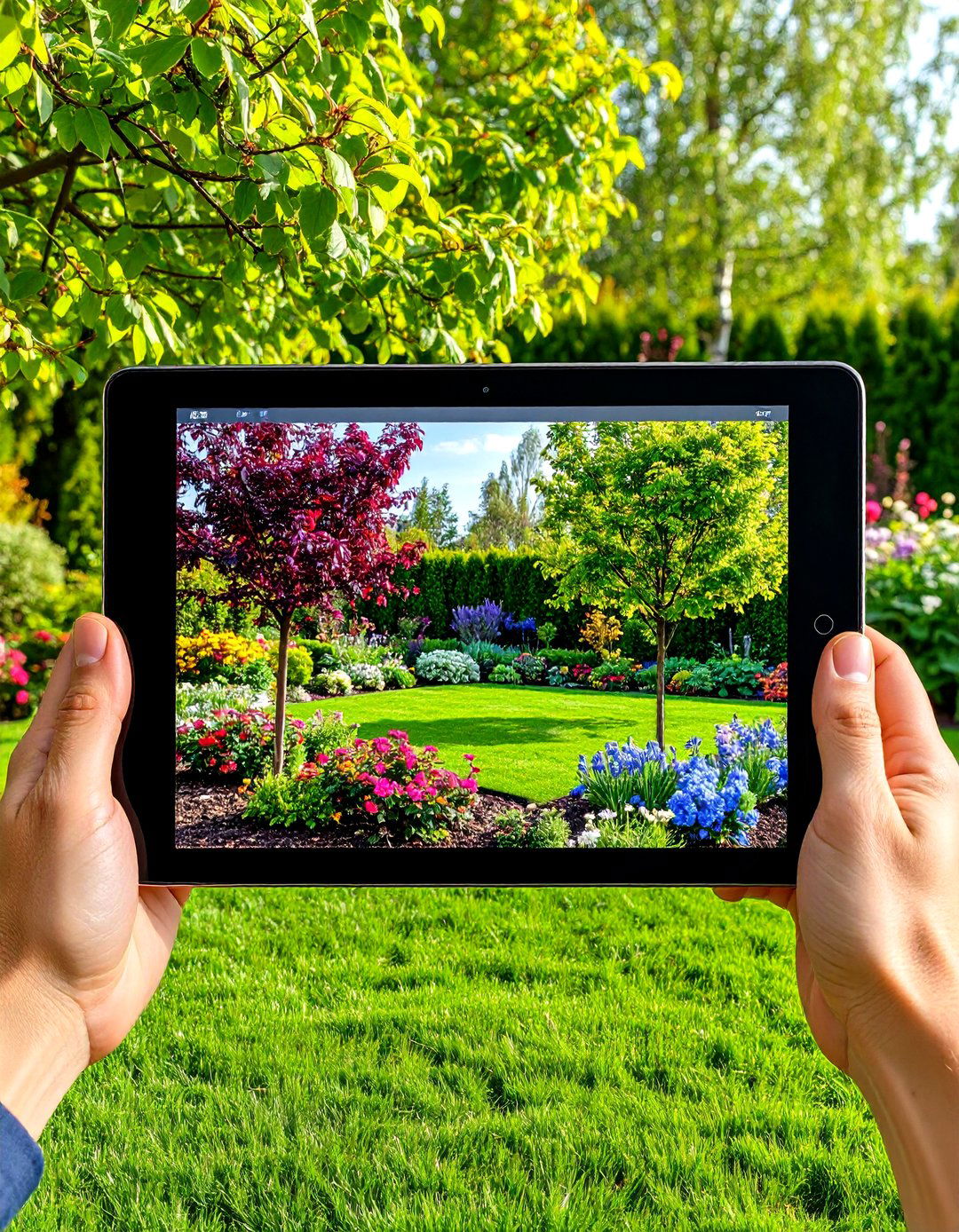
Bringing your landscape dreams to life becomes effortless with augmented reality technology that overlays digital garden designs onto your actual outdoor space. AR apps utilize raycasting technology to enable accurate placement and interaction with virtual plants in real-world settings, allowing users to see how plants will look before planting them. You can walk through your yard with a smartphone or tablet, placing virtual trees, shrubs, and flower beds to experiment with different layouts. AR makes it possible to visualize data on exact locations and specific plants, fed from sensors and business software. This immersive technology helps you avoid expensive design mistakes and ensures your final landscape matches your vision perfectly.
4. Automated Garden Design Generation from Photos
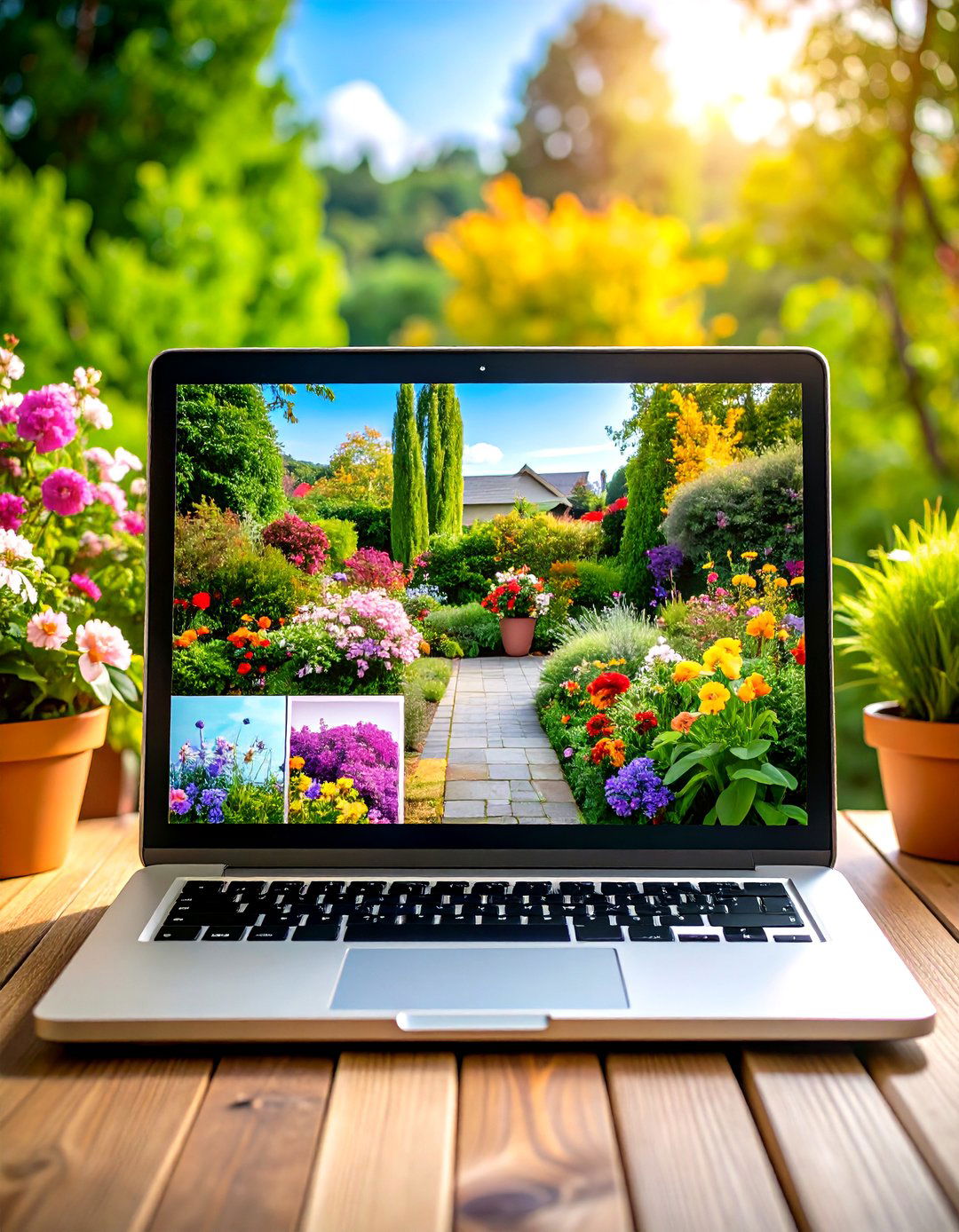
Upload a simple photograph of your yard and watch AI algorithms transform it into multiple professional landscape design options within seconds. AI garden design tools accept images of gardens or landscaping projects and redesign outdoor spaces in seconds based on selections and text prompts. These systems analyze your existing space, identify current plants and structures, and generate completely new design concepts that complement your home's architecture. Professional-grade AI tools make garden design accessible to everyone, from instant transformations to detailed plant guides, with results delivered in under 60 seconds. The technology democratizes professional landscape design, making beautiful outdoor spaces achievable for every homeowner regardless of design experience.
5. AI-Powered Seasonal Garden Planning
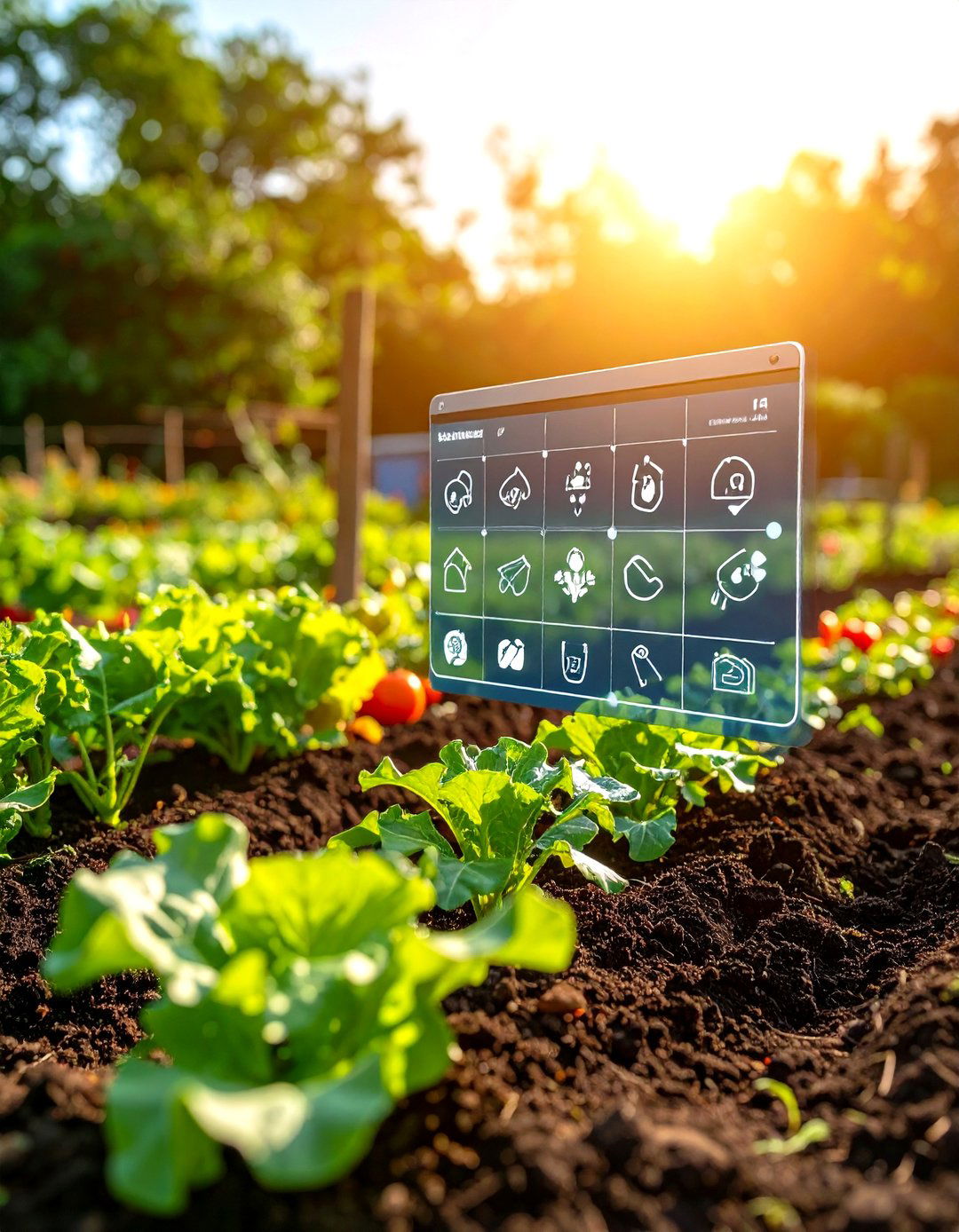
Transform your approach to year-round garden management with artificial intelligence that creates detailed seasonal planting and maintenance schedules. VegPlotter offers a unique month-by-month approach that allows visualization of garden progress throughout the year with simple drag-and-drop interface. These systems analyze your local climate patterns, frost dates, and growing seasons to recommend optimal planting times for different species. The AI considers succession planting opportunities, companion planting benefits, and seasonal color transitions to maintain visual interest throughout the year. Smart seasonal planning ensures your landscape remains vibrant and productive across all seasons while minimizing maintenance efforts and maximizing harvest yields.
6. Intelligent Pest and Disease Detection Systems
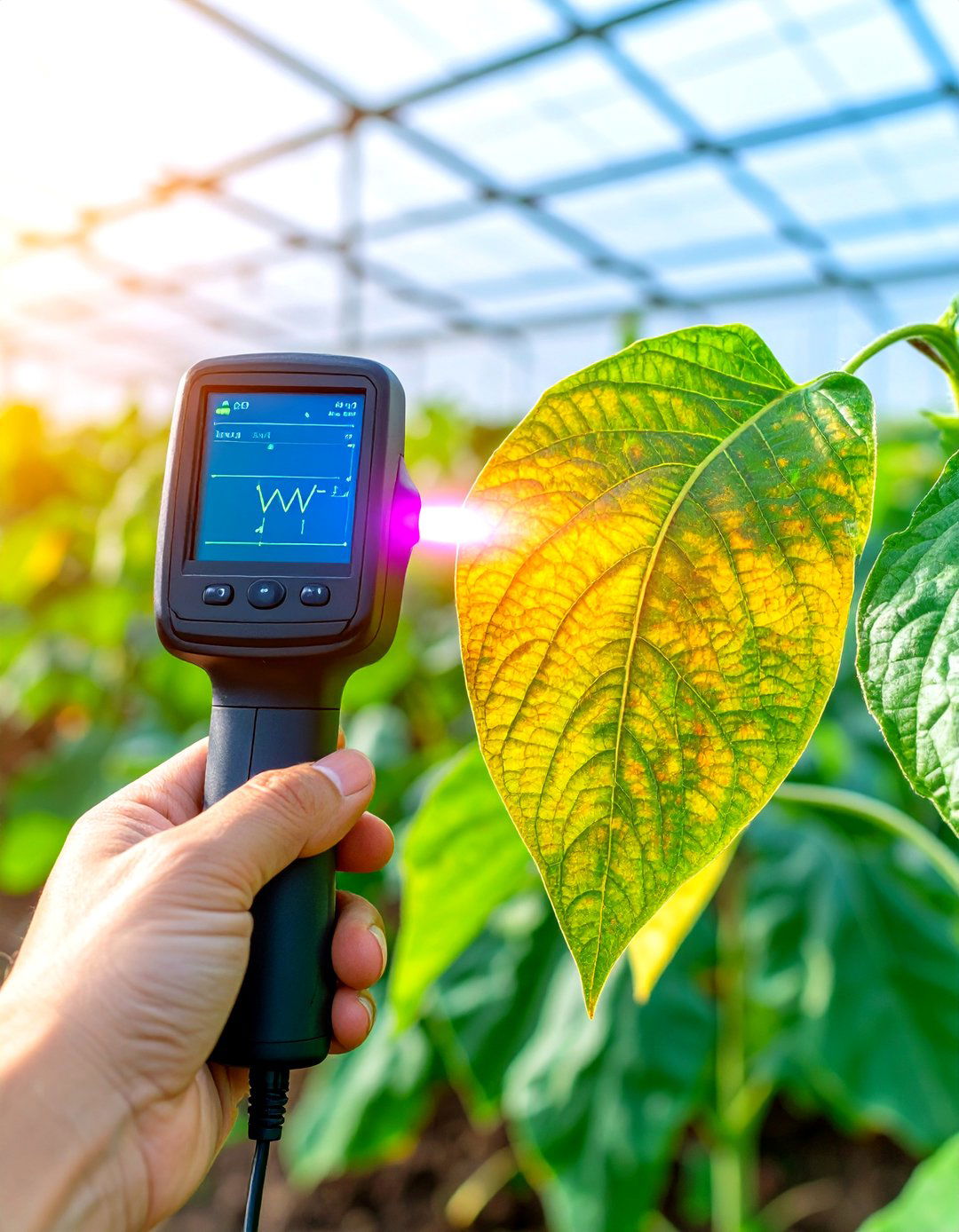
Early detection becomes your garden's best defense with AI-powered monitoring systems that identify potential problems before they cause significant damage. AI systems can catch small spikes in plant leaf temperature through infrared sensors and deduce water stress, prompting irrigation alerts before plants visibly droop. These sophisticated tools use image recognition technology to spot early signs of diseases, pest infestations, or nutrient deficiencies that might escape human notice. Farm trials show that early-stage interventions can prevent significant crop losses. By providing instant alerts and treatment recommendations, AI pest detection systems help maintain healthier gardens while reducing the need for harmful pesticides and expensive plant replacements.
7. Smart Lighting Design for Landscape Enhancement
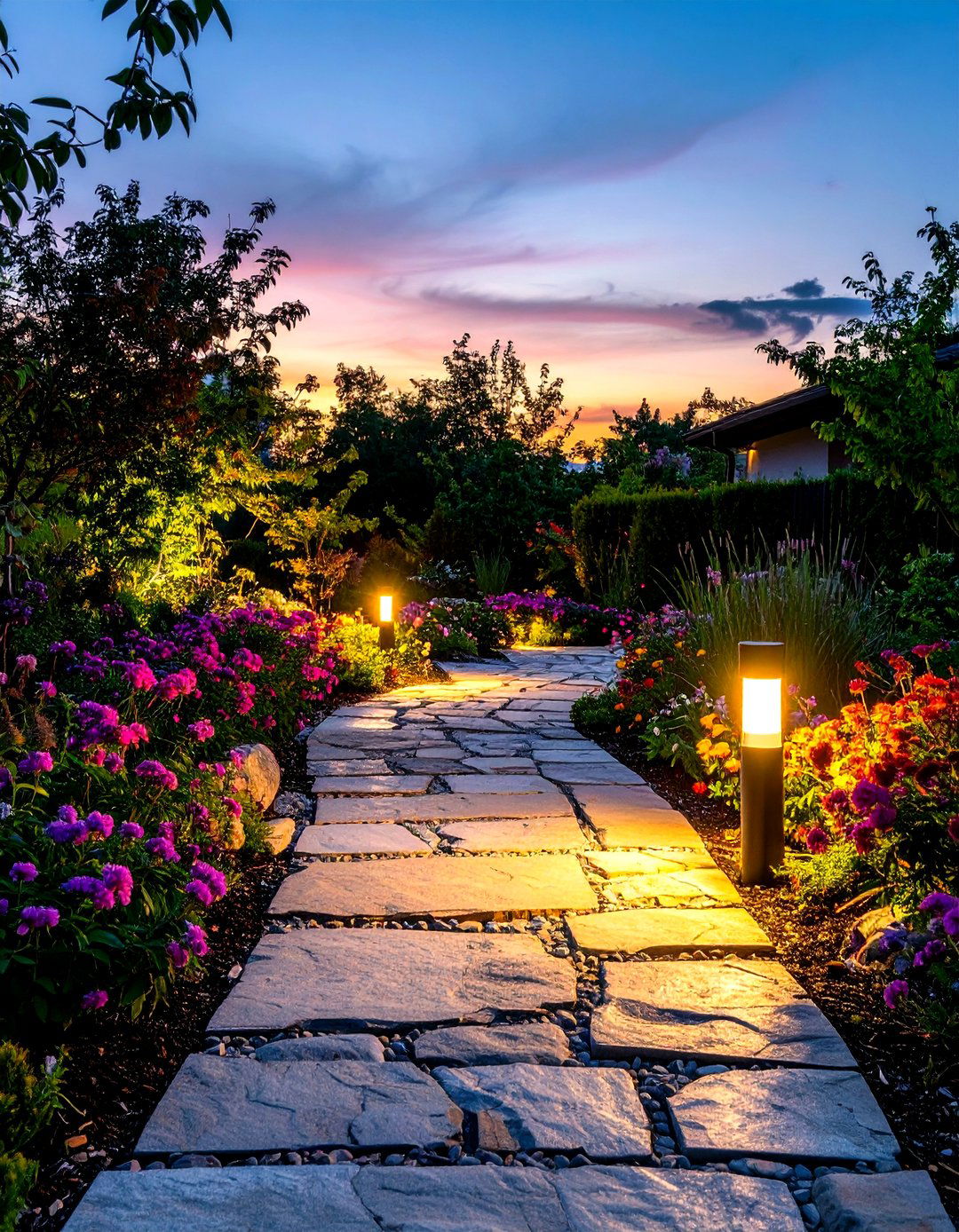
Illuminate your outdoor spaces with artificial intelligence that optimizes lighting placement and scheduling for both beauty and plant health. Modern garden concepts are evolving with advanced LED lighting systems that transform outdoor spaces into stunning evening oases. AI lighting systems analyze your landscape's unique features, pathways, and focal points to create dramatic illumination that enhances safety and aesthetics. These intelligent systems automatically adjust brightness levels based on ambient light conditions, seasonal changes, and your personal preferences. Smart landscape lighting extends the usability of your outdoor spaces into evening hours while showcasing your garden's most beautiful features year-round.
8. Predictive Growth Modeling and Space Planning
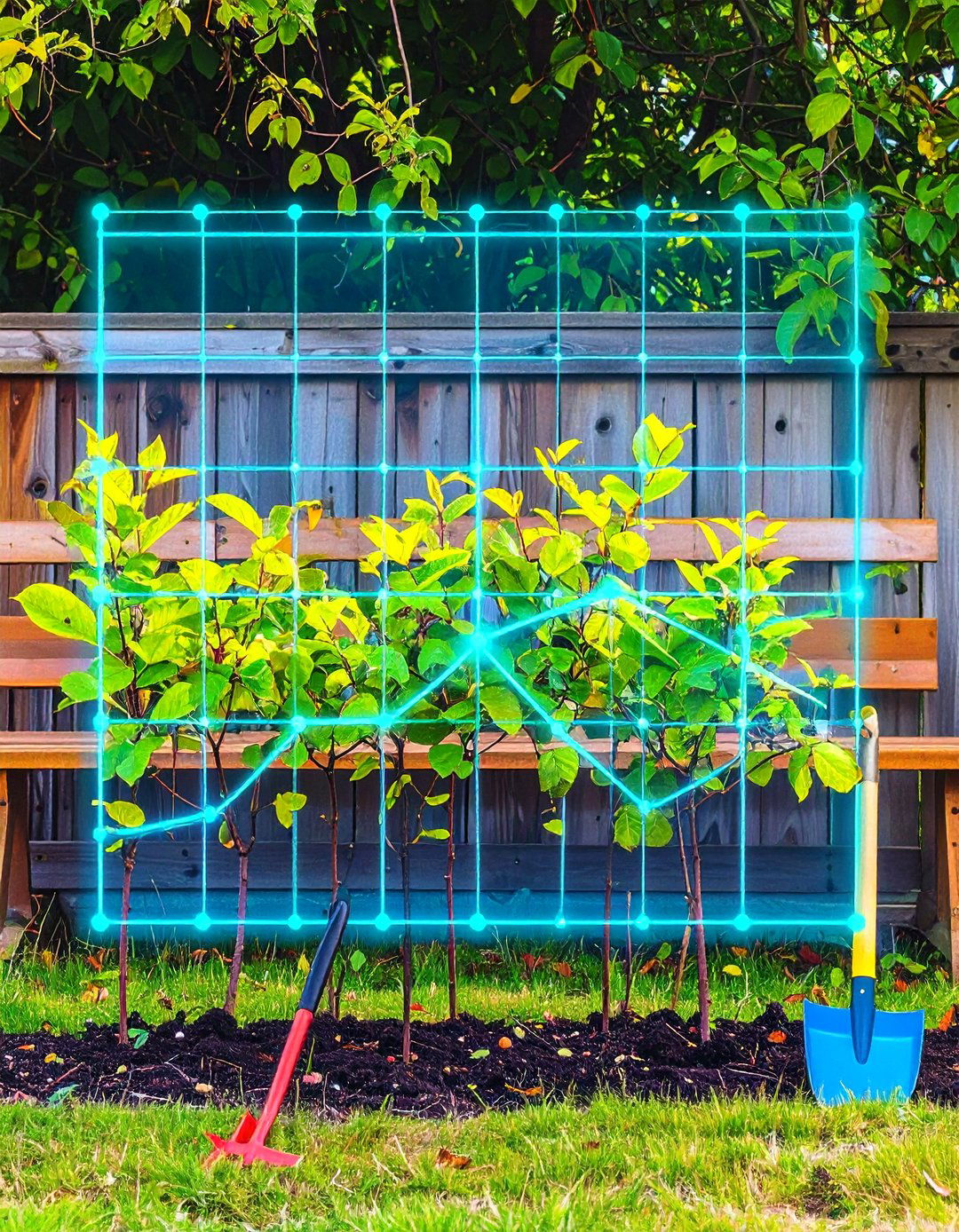
Anticipate how your landscape will evolve over time with AI algorithms that model plant growth patterns and spatial requirements for optimal long-term planning. By linking AR to crop growth models, you can show expected growth with different lighting or climate conditions, enabling proactive cultivation and quality management. These sophisticated systems consider mature plant sizes, growth rates, and spatial relationships to prevent overcrowding and ensure proper resource allocation. The technology helps you visualize how young plantings will look in five, ten, or twenty years, enabling informed decisions about placement and species selection. Predictive modeling eliminates the common mistake of planting too closely and ensures your landscape maintains its intended design as it matures.
9. AI Soil Analysis and Amendment Recommendations
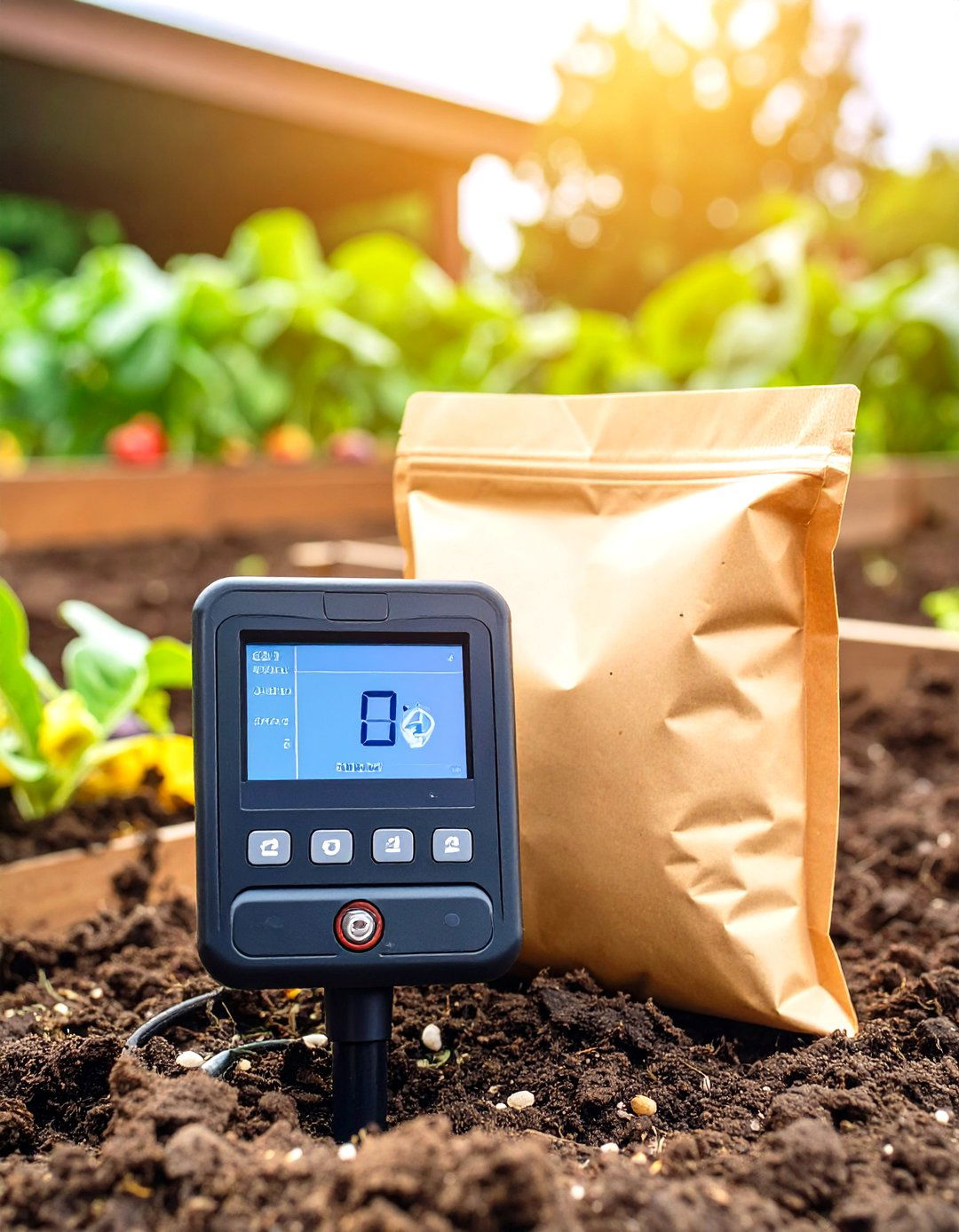
Unlock your soil's potential with artificial intelligence that analyzes soil composition and provides targeted improvement recommendations for optimal plant health. AI can analyze data from soil sensors to provide tailored recommendations for planting, fertilizing, and watering, leading to more efficient resource use. These systems evaluate pH levels, nutrient content, drainage characteristics, and organic matter to create customized soil amendment plans. The technology connects soil conditions with specific plant requirements, ensuring each area of your landscape receives appropriate treatment. Smart soil management reduces fertilizer waste, improves plant performance, and creates sustainable growing conditions that support long-term garden health and environmental stewardship.
10. Automated Maintenance Scheduling Systems
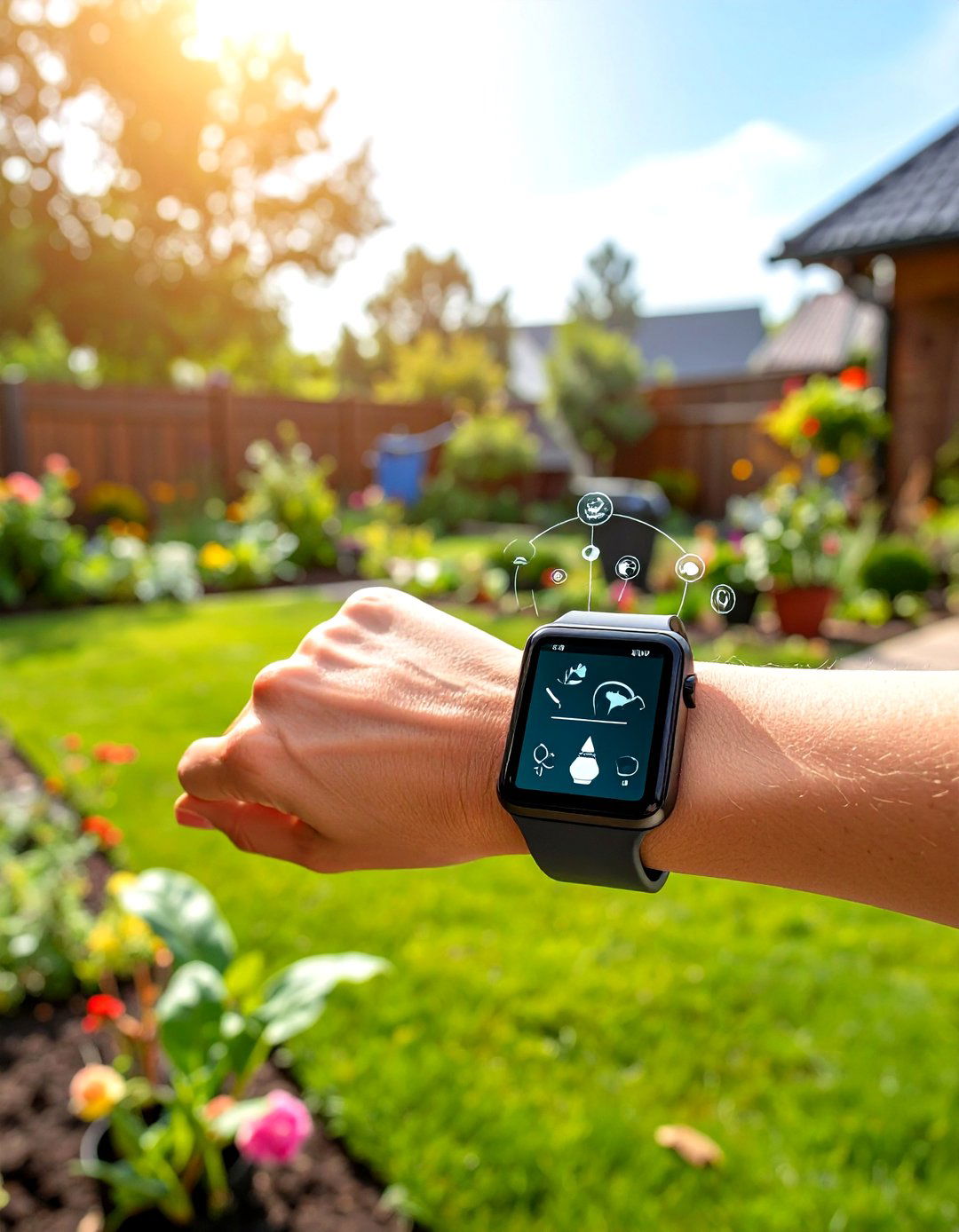
Never miss important garden tasks again with AI-powered systems that create personalized maintenance schedules based on your specific plants and local conditions. AI systems provide gardeners with feedback on water usage, energy consumption, and fertilizer use, offering insights and tracking performance over time. These intelligent schedulers consider weather forecasts, plant growth stages, and seasonal requirements to remind you of pruning, fertilizing, and other essential activities. The technology adapts schedules based on actual weather conditions and plant responses, ensuring optimal timing for all maintenance activities. Automated scheduling eliminates guesswork and helps maintain consistent garden care that promotes healthier plants and reduces long-term maintenance costs.
11. AI-Driven Sustainable Garden Design
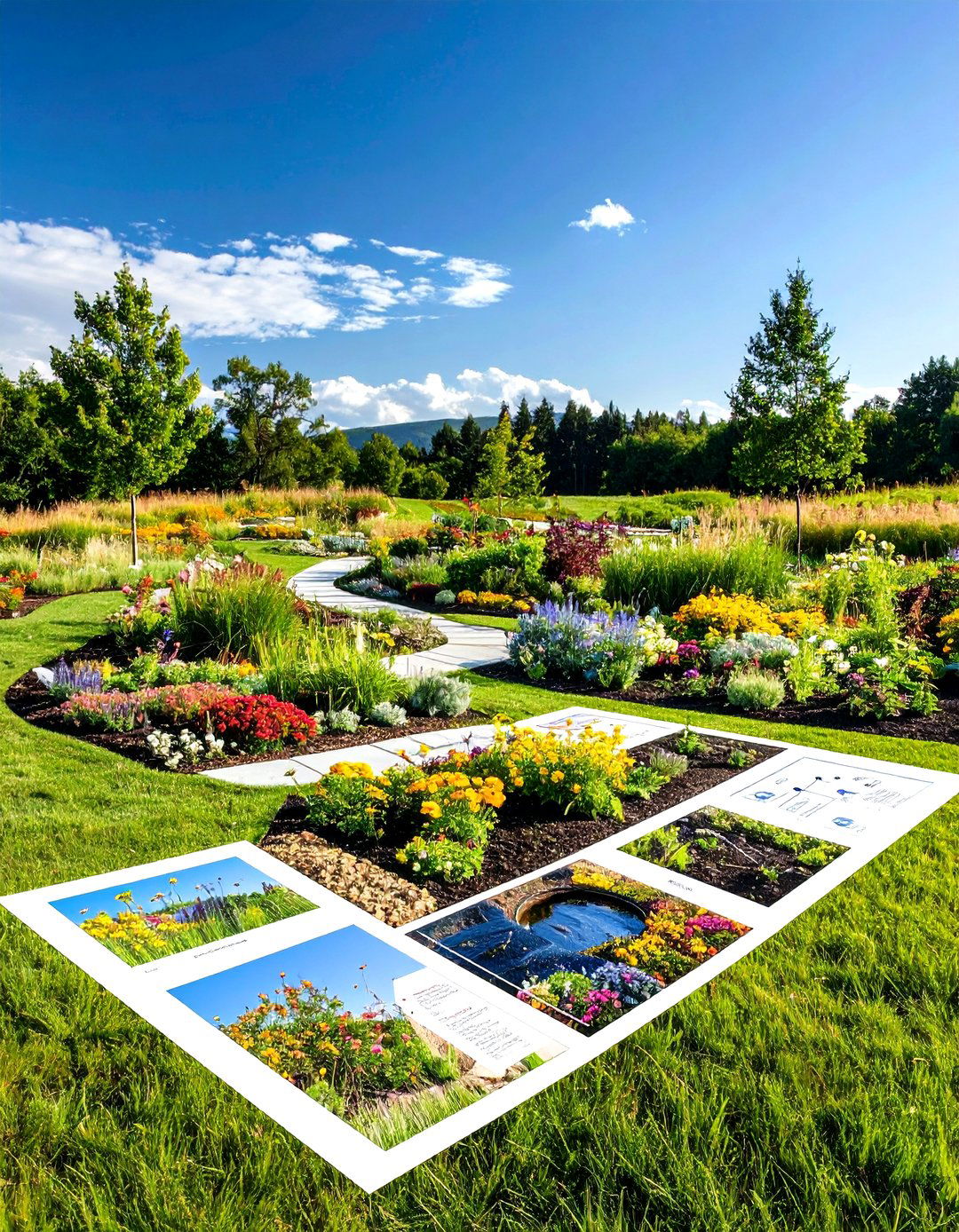
Create environmentally responsible landscapes with artificial intelligence that prioritizes native plants, water conservation, and biodiversity support in every design decision. AI plays a crucial role in promoting sustainable practices by aiding the creation of environmentally responsible landscapes and supporting strategies for water conservation and judicious plant species selection. These systems analyze local ecosystems, wildlife needs, and environmental challenges to recommend design solutions that benefit both your property and the broader environment. The technology emphasizes carbon sequestration, pollinator support, and natural resource conservation while maintaining aesthetic appeal. Sustainable AI design creates landscapes that work harmoniously with nature rather than against it, reducing environmental impact while providing beautiful outdoor spaces.
12. Smart Lawn Care and Grass Management
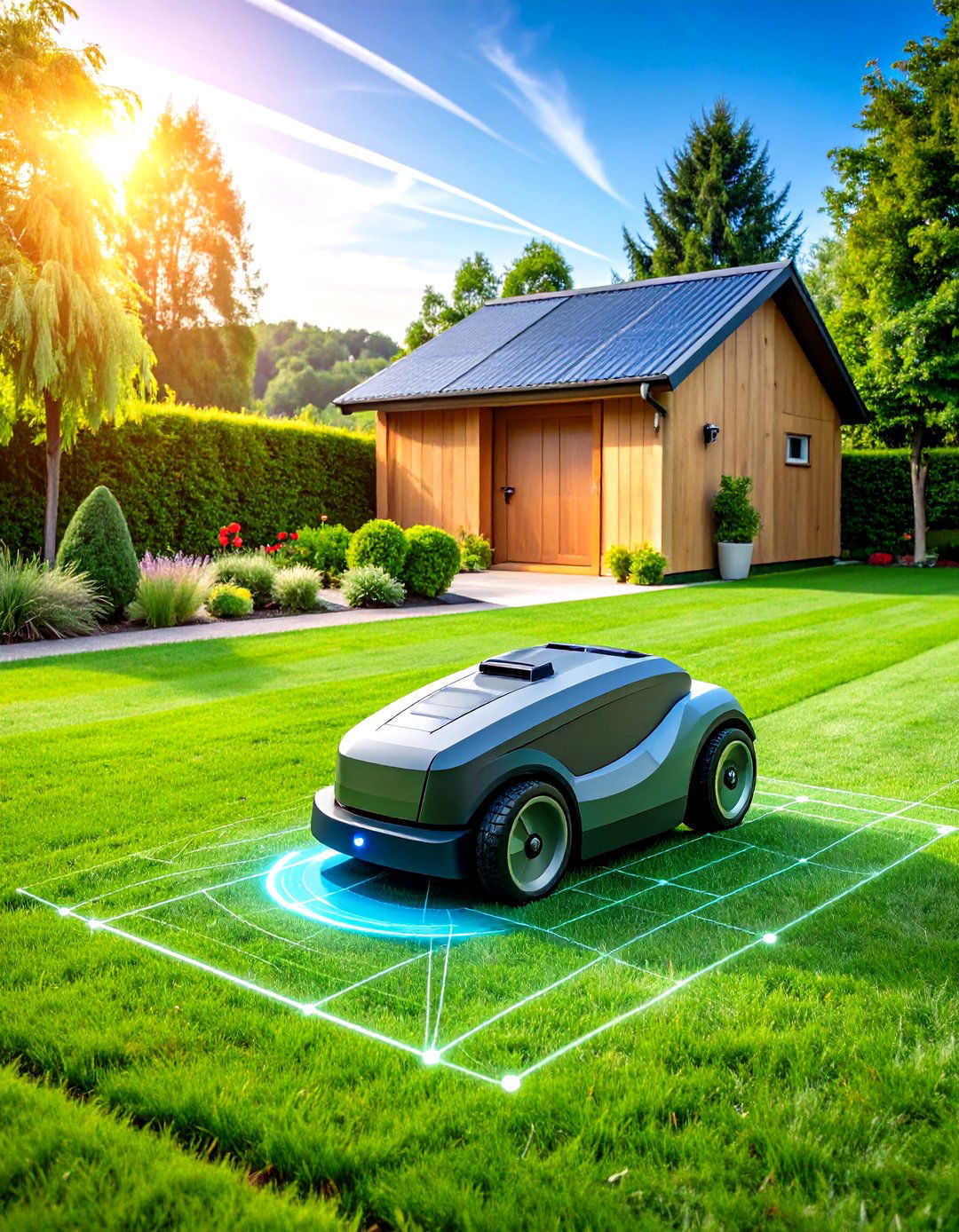
Achieve the perfect lawn with artificial intelligence that monitors grass health, optimizes mowing patterns, and prevents common lawn problems before they start. Digital smart sprinklers deliver water precisely where needed with zero waste, using precision zone mapping and live weather input to keep lawns green without waste or guesswork. AI lawn care systems analyze grass type, growth patterns, and stress indicators to create customized care programs. These technologies coordinate mowing robots, irrigation systems, and fertilizer applications for optimal turf health. Smart lawn management reduces water consumption, minimizes chemical inputs, and maintains consistently beautiful grass throughout the growing season while adapting to changing weather conditions.
13. AI Plant Health Monitoring Networks

Monitor your entire landscape's wellness with interconnected sensors and artificial intelligence that provide real-time health assessments for every plant in your garden. Smart plant health monitors measure soil moisture, temperature, light intensity, and humidity while providing tailored care recommendations. These comprehensive systems track individual plant performance, identifying stress factors and optimization opportunities across your entire landscape. The technology creates detailed health profiles for different garden zones, enabling targeted interventions that improve overall garden performance. Continuous monitoring helps prevent plant loss, optimizes resource allocation, and ensures your landscape investment thrives under changing environmental conditions.
14. Intelligent Water Feature Design and Management
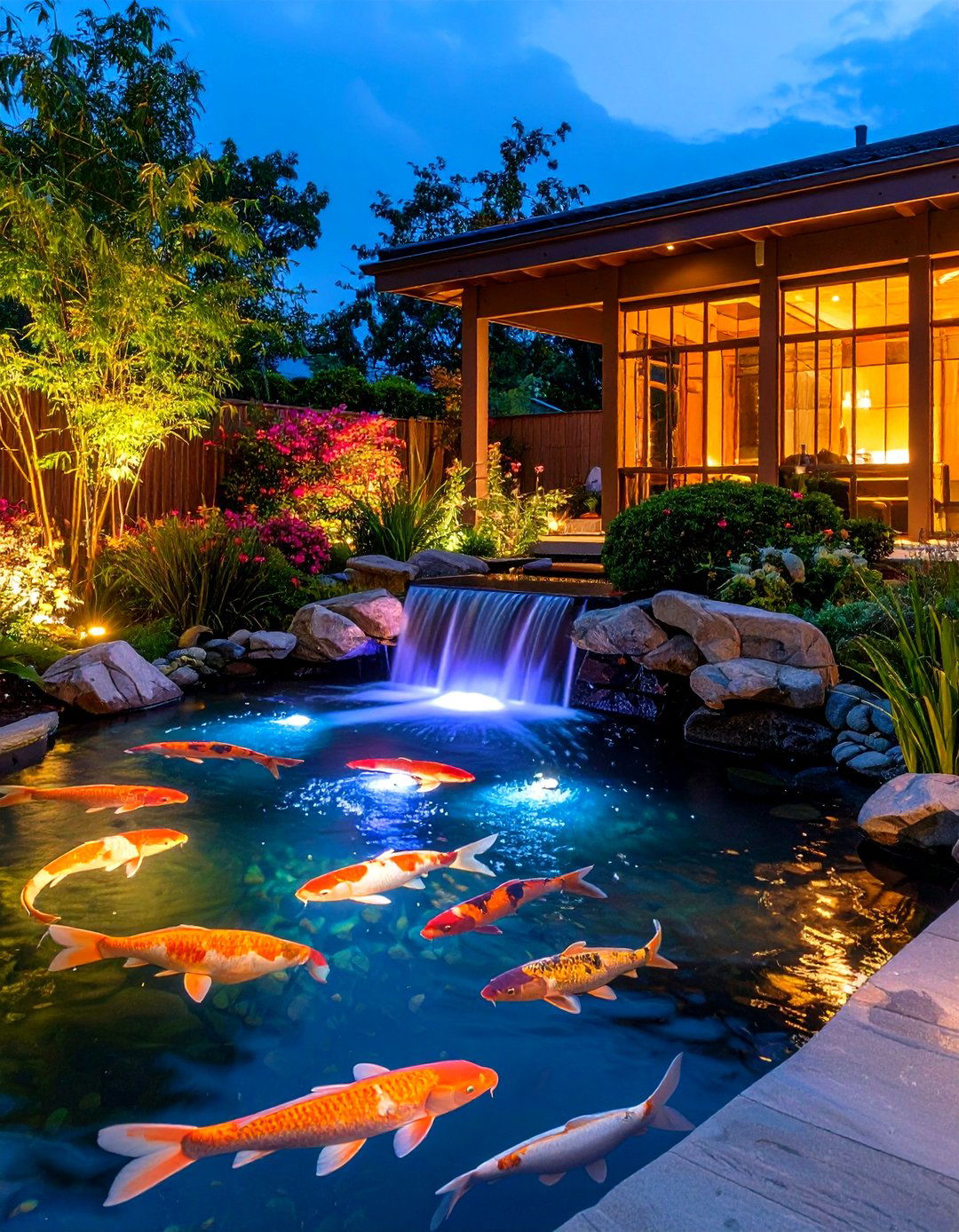
Design and maintain stunning water features with AI systems that optimize water circulation, filtration, and aesthetic appeal while minimizing maintenance requirements. Custom water features, pools, and outdoor spas are becoming standard in high-end designs for 2025. These intelligent systems analyze site conditions, power requirements, and maintenance needs to recommend appropriate water feature types and locations. AI management controls pumps, filters, and lighting systems to maintain optimal water quality while reducing energy consumption. Smart water features enhance landscape beauty, provide wildlife habitat, and create relaxing focal points that integrate seamlessly with your overall garden design while operating efficiently year-round.
15. AI-Powered Companion Planting Optimization
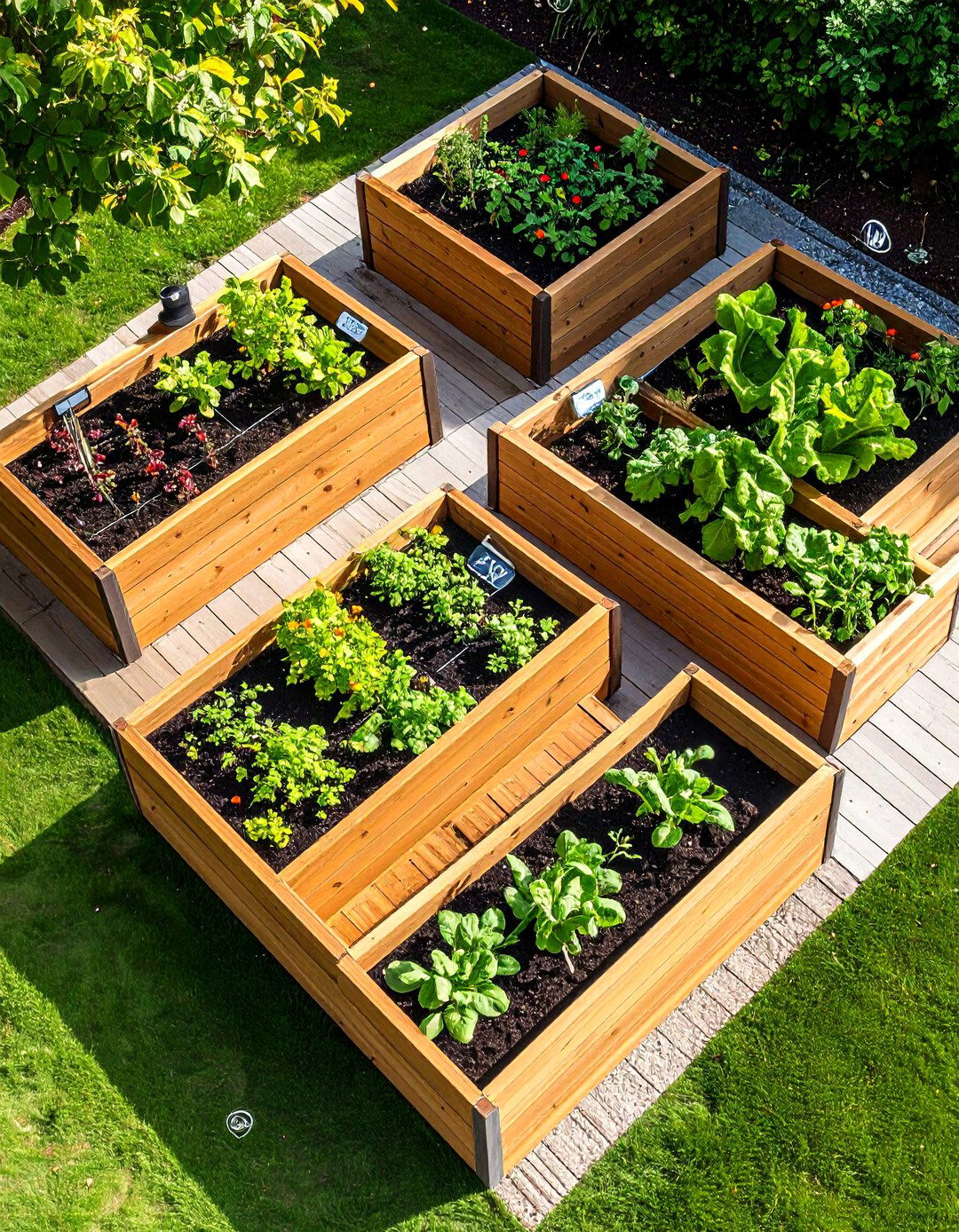
Maximize garden productivity and health with artificial intelligence that identifies optimal plant combinations for natural pest control, improved growth, and efficient space utilization. Technology guides choices on where to position each plant type for best results, factoring in water needs and companion planting benefits. These sophisticated systems analyze plant relationships, nutrient requirements, and growth patterns to create beneficial plant partnerships. The technology considers factors like root depth, canopy spread, and chemical interactions to prevent competition while promoting mutual benefits. Smart companion planting reduces pest problems naturally, improves soil health, and increases overall garden productivity while creating more diverse and resilient landscape ecosystems.
16. Automated Greenhouse and Indoor Garden Management
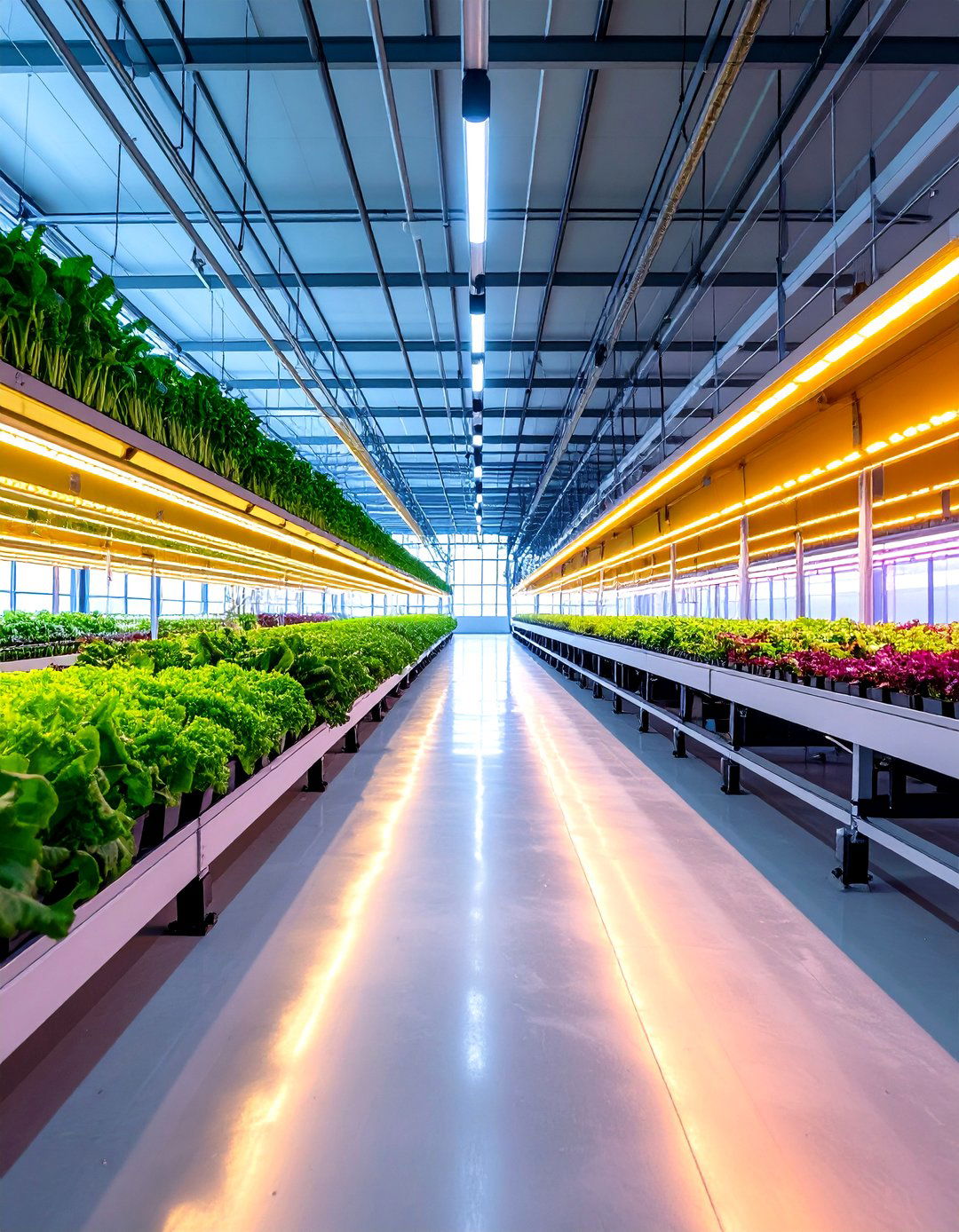
Extend your growing season with AI-controlled greenhouse systems that optimize temperature, humidity, lighting, and nutrient delivery for maximum plant production. AI algorithms optimize fertilizer and nutrient delivery by interpreting sensor data on soil or water chemistry, continuously monitoring nutrient profiles. These comprehensive systems create perfect growing environments for year-round food production or plant propagation. The technology automatically adjusts environmental conditions based on plant growth stages, weather patterns, and energy costs. Smart greenhouse management maximizes harvest yields, reduces resource consumption, and provides fresh produce throughout the year while maintaining optimal growing conditions for diverse plant species.
17. AI Landscape Cost Estimation and Budget Planning
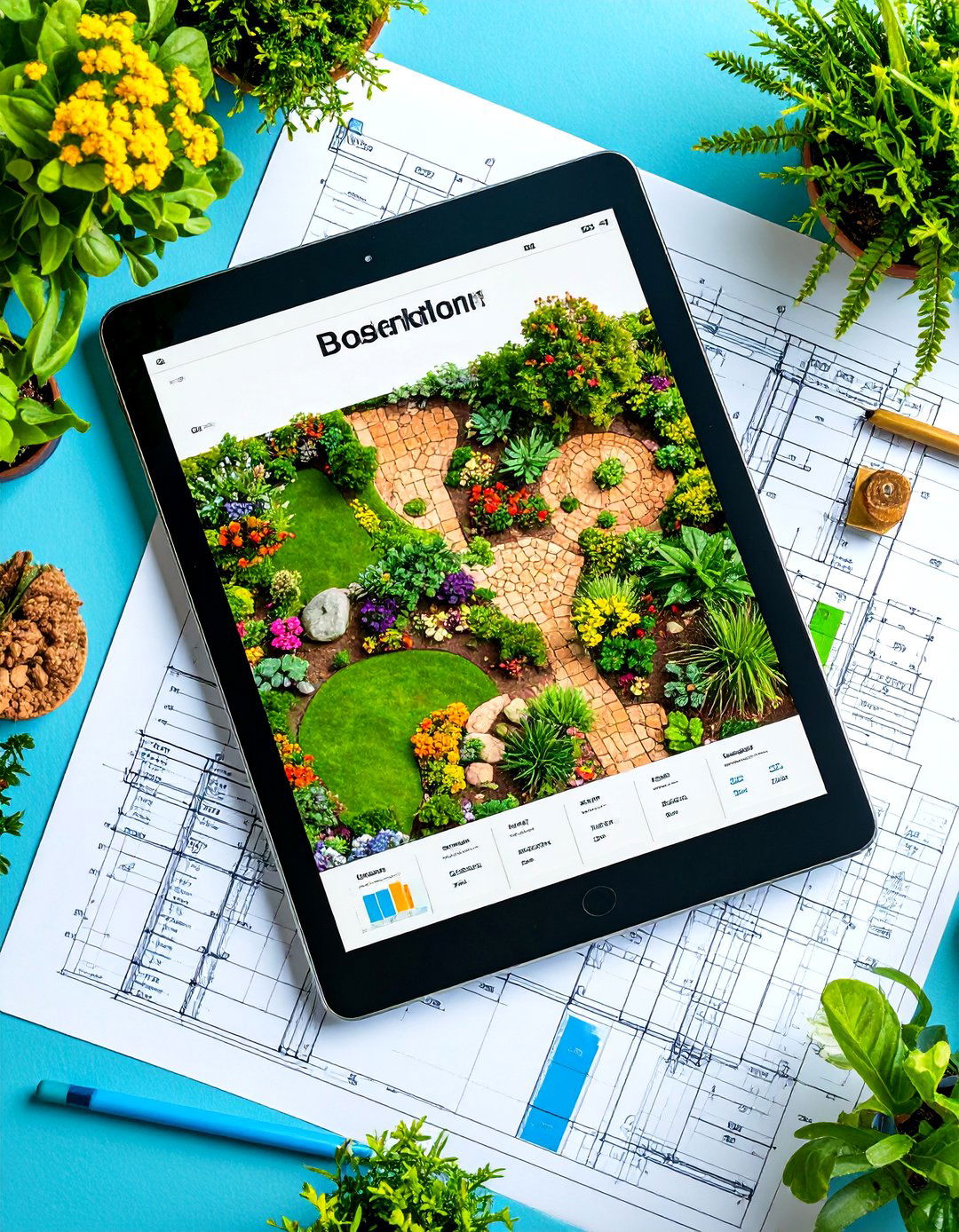
Plan your dream landscape within budget using artificial intelligence that provides accurate cost estimates for plants, materials, labor, and long-term maintenance requirements. Advanced features like cost estimation and broader inventory are available through various AI landscape design platforms. These analytical tools consider local pricing, seasonal variations, and project complexity to create realistic budget projections. The technology helps prioritize project phases, identify cost-saving opportunities, and prevent budget overruns during implementation. Smart budget planning ensures your landscape investment delivers maximum value while staying within financial constraints and avoiding expensive design changes during construction.
18. Drone-Assisted Landscape Surveying and Analysis
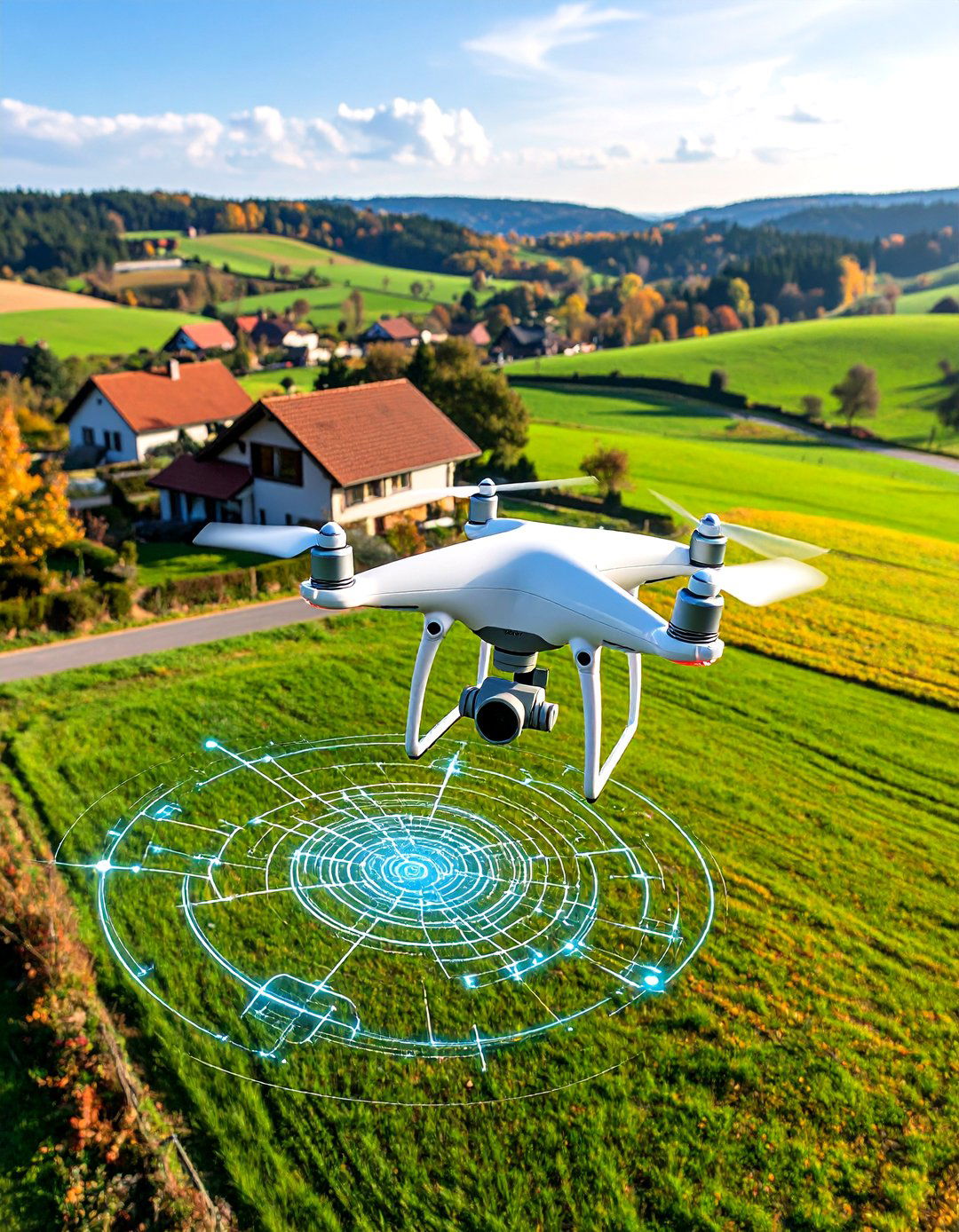
Survey large properties efficiently with AI-powered drones that capture detailed topographic data, vegetation analysis, and design opportunities across extensive landscapes. Through drone technology, AI can monitor landscape health in real-time, detecting issues like disease, pests, or nutrient deficiencies early. These aerial systems create precise site maps, identify drainage issues, and assess existing vegetation conditions from unique perspectives. The technology enables comprehensive site analysis for properties that would be difficult to survey manually. Drone surveys provide detailed baseline data for design planning, help identify problem areas requiring attention, and monitor landscape changes over time for improved maintenance and management decisions.
19. Smart Hardscape Integration and Material Selection
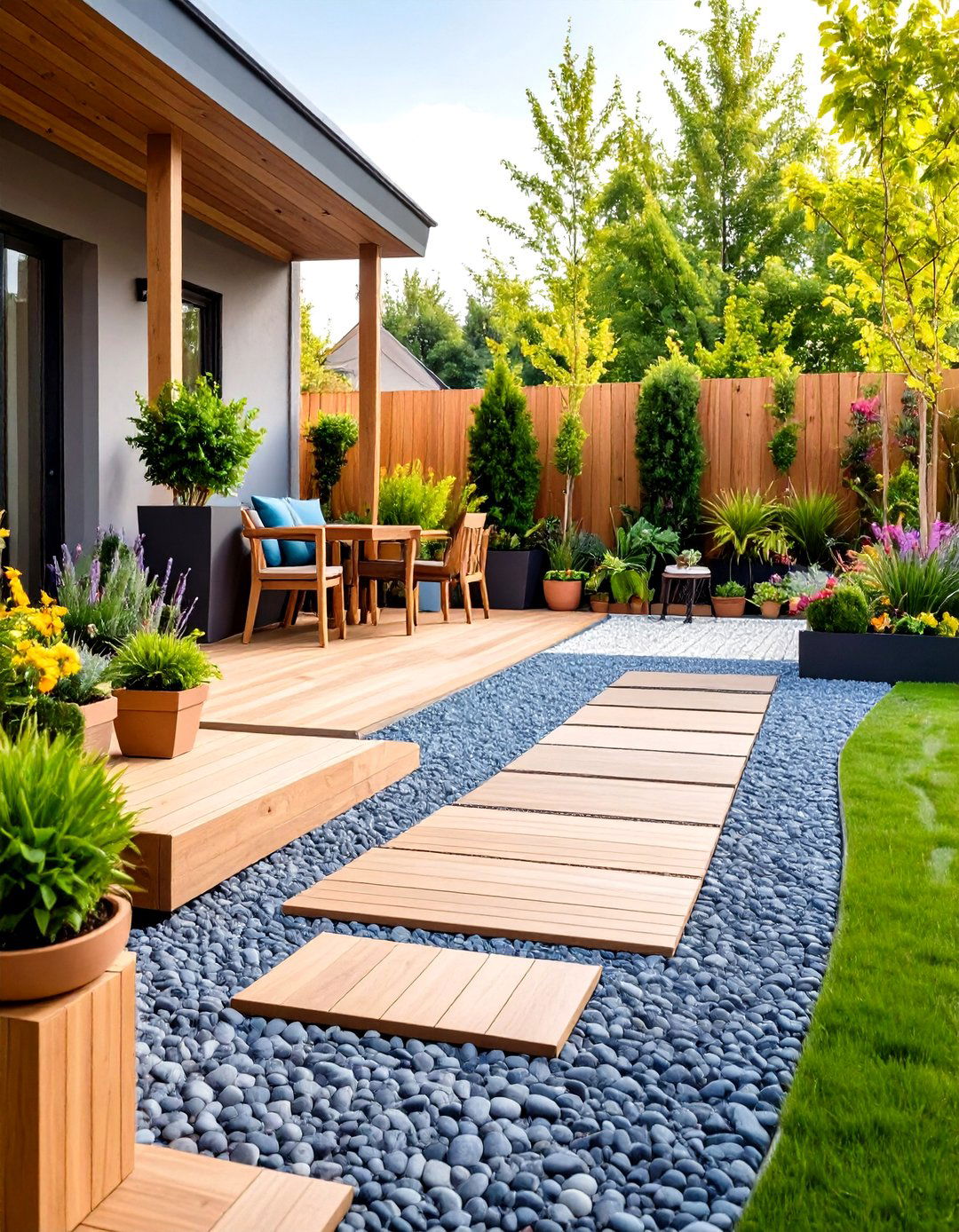
Choose perfect hardscape materials with artificial intelligence that analyzes durability, aesthetics, maintenance requirements, and climate compatibility for long-lasting outdoor structures. People are becoming more selective with hardscape and ground cover choices, considering permeable pavers and sustainable materials. These systems evaluate local weather patterns, soil conditions, and usage requirements to recommend appropriate materials for patios, walkways, and retaining walls. The technology considers factors like freeze-thaw cycles, drainage needs, and aesthetic compatibility with your home's architecture. Smart material selection ensures hardscape elements complement your landscape design while providing durability and low maintenance requirements that enhance property value.
20. AI-Enhanced Urban Gardening Solutions
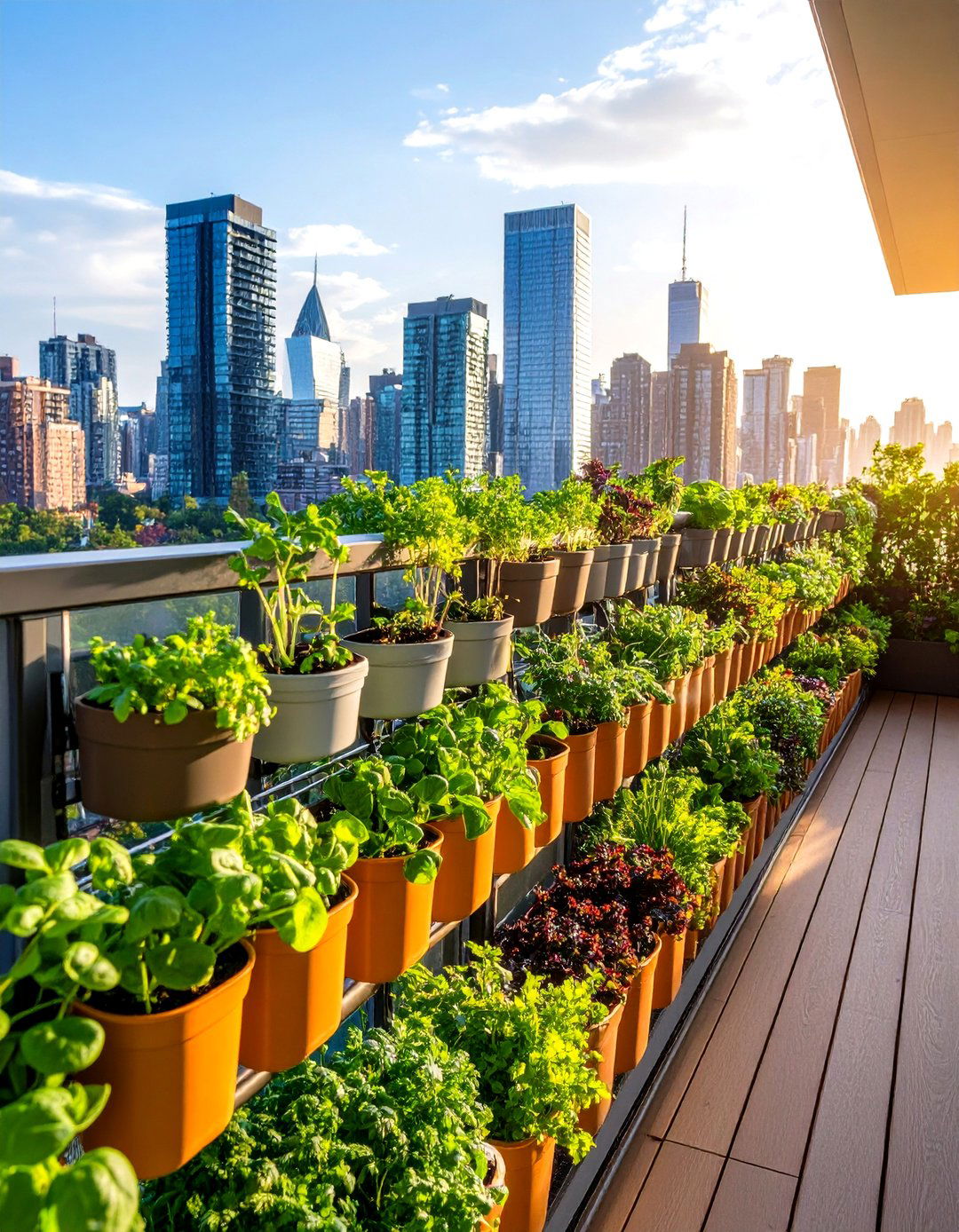
Transform small urban spaces into productive gardens with artificial intelligence that maximizes growing potential in limited areas through vertical gardening, container optimization, and space-efficient design. AI transforms any limited urban space into a lush paradise with smart positioning informed by data insights. These specialized systems analyze sunlight patterns, wind exposure, and space constraints to recommend optimal growing strategies for balconies, rooftops, and small yards. The technology emphasizes vertical growing systems, container gardening, and multi-functional design elements that maximize productivity in minimal space. Smart urban gardening solutions enable city dwellers to enjoy fresh produce, beautiful landscapes, and connection with nature despite space limitations.
Conclusion:
The future of landscape design lies in the seamless integration of artificial intelligence with traditional gardening wisdom, creating outdoor spaces that are both beautiful and environmentally sustainable. These AI-powered tools democratize professional landscape design, making sophisticated garden planning accessible to everyone from novice gardeners to experienced landscapers. As technology continues advancing, we can expect even more innovative solutions that blend creativity with data-driven insights, helping us create landscapes that thrive in harmony with their natural environments. Whether you're planning a small urban garden or designing extensive grounds, AI landscape design tools offer the precision, efficiency, and sustainability needed to transform any outdoor space into a thriving ecosystem that brings joy for years to come.




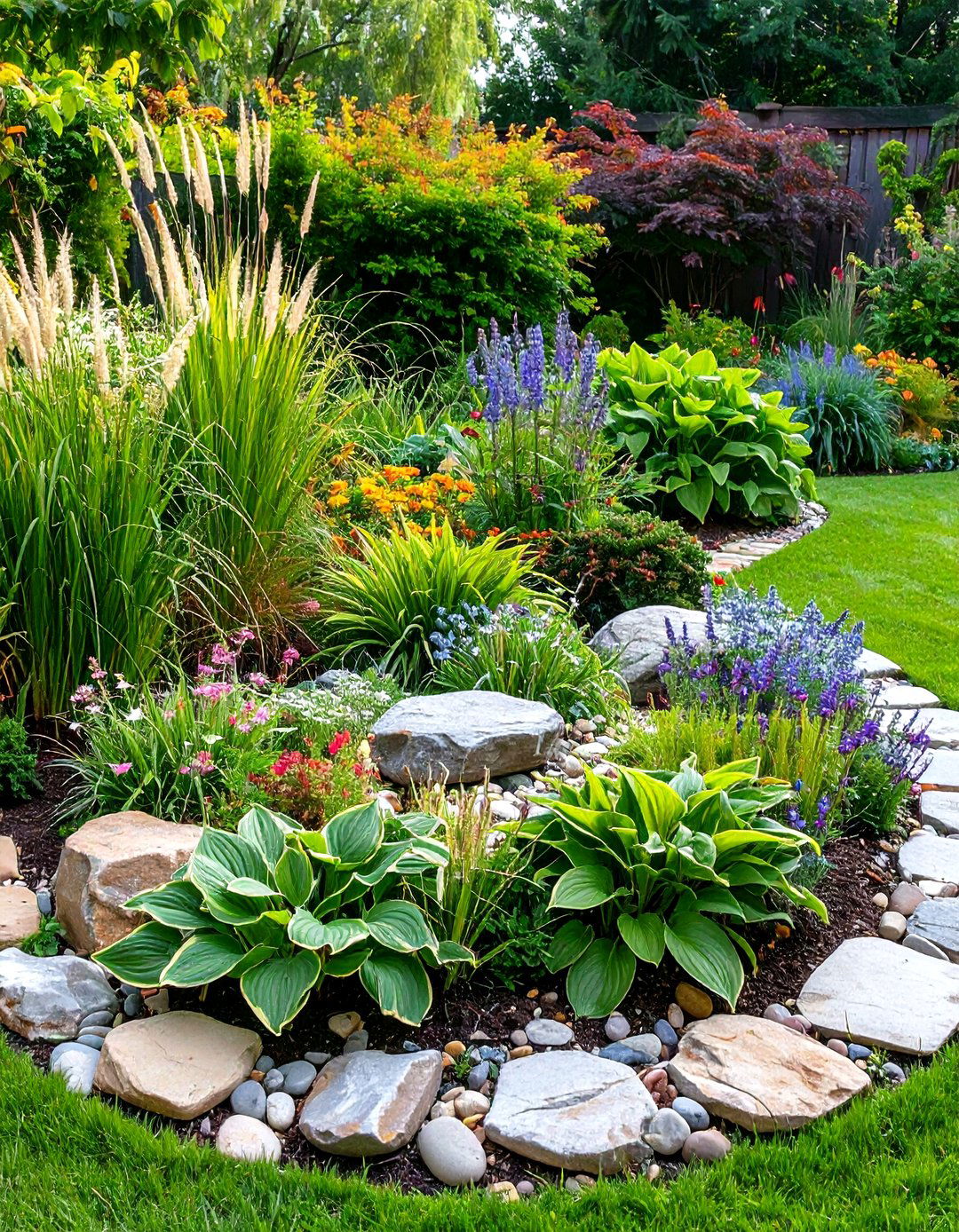
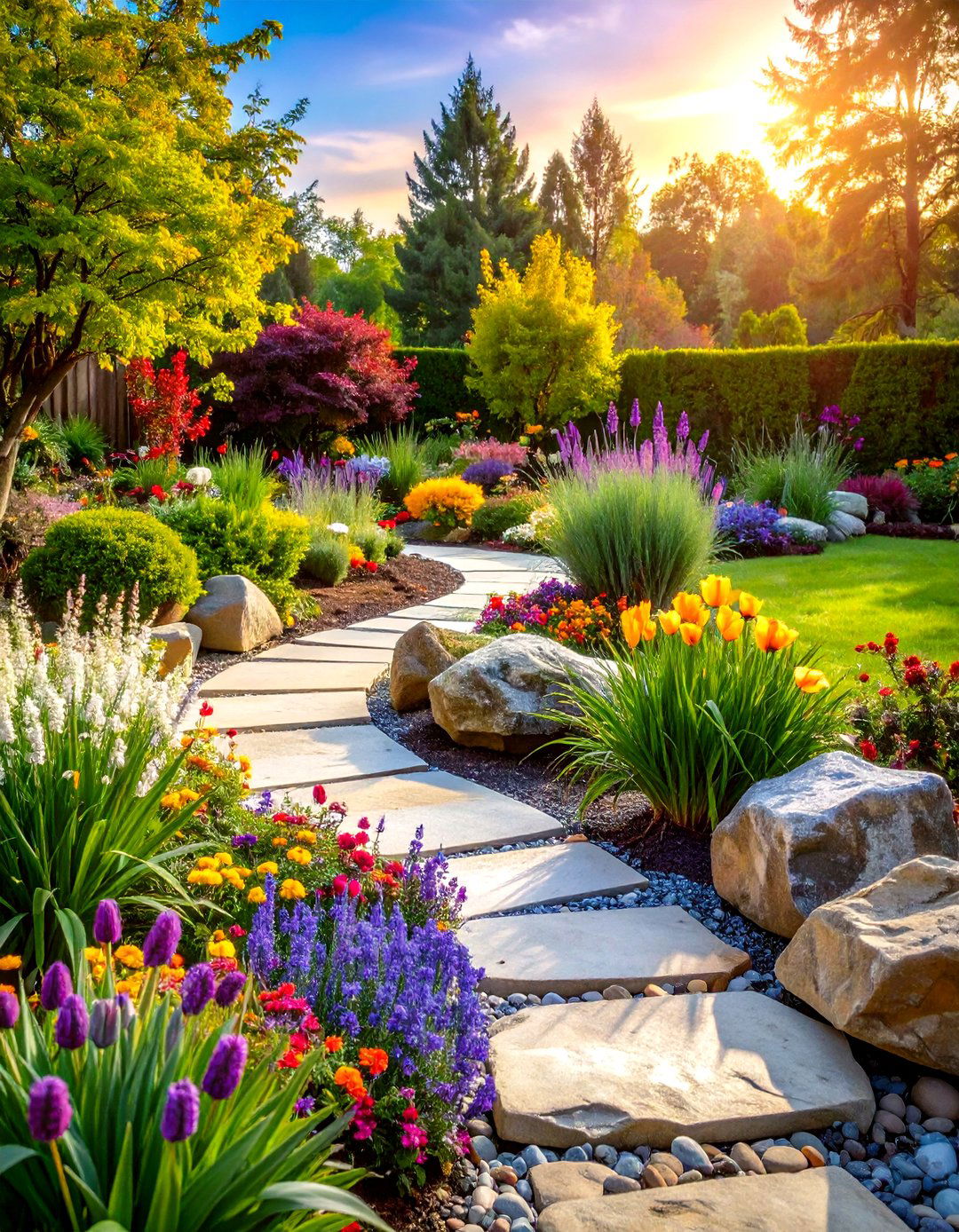
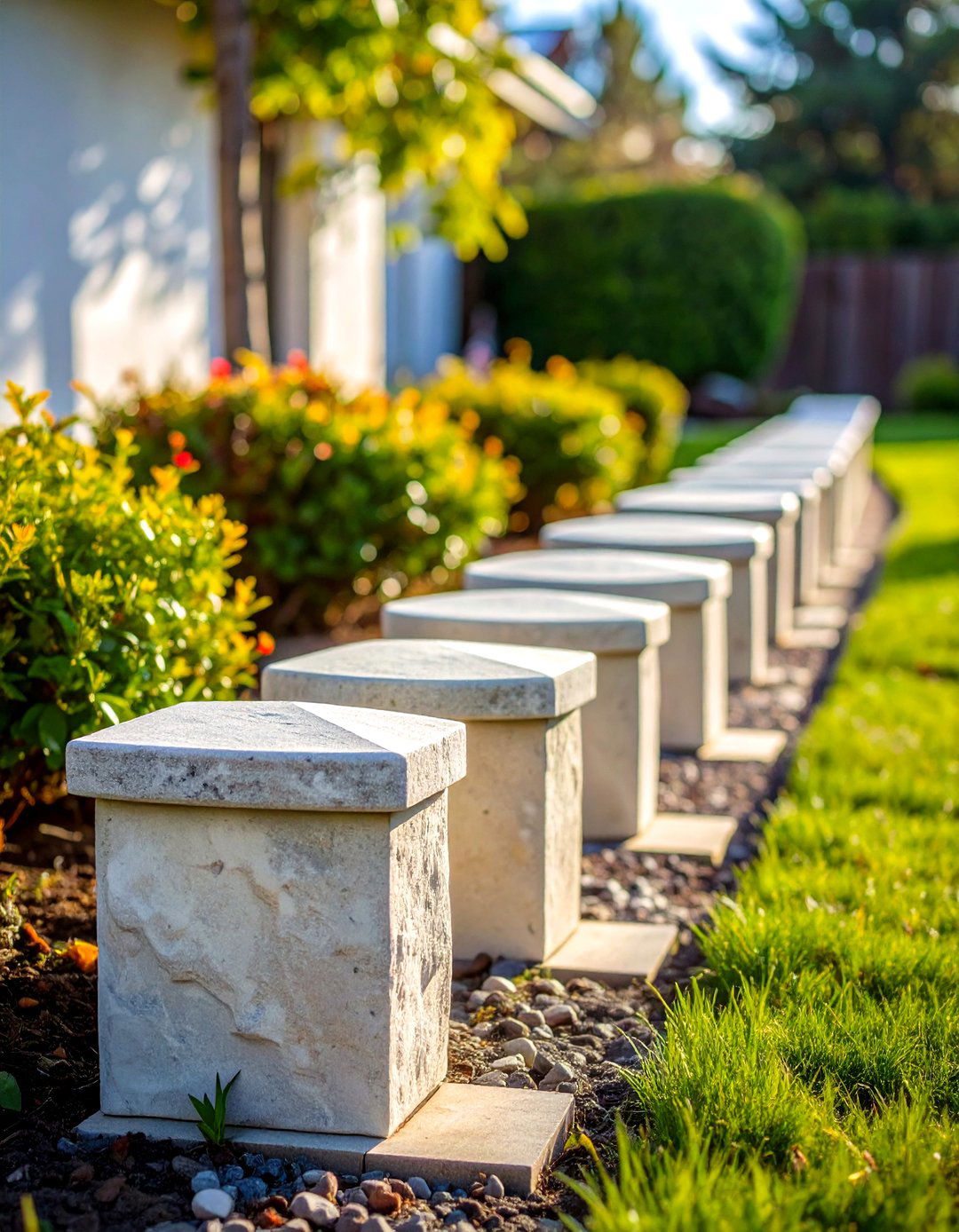

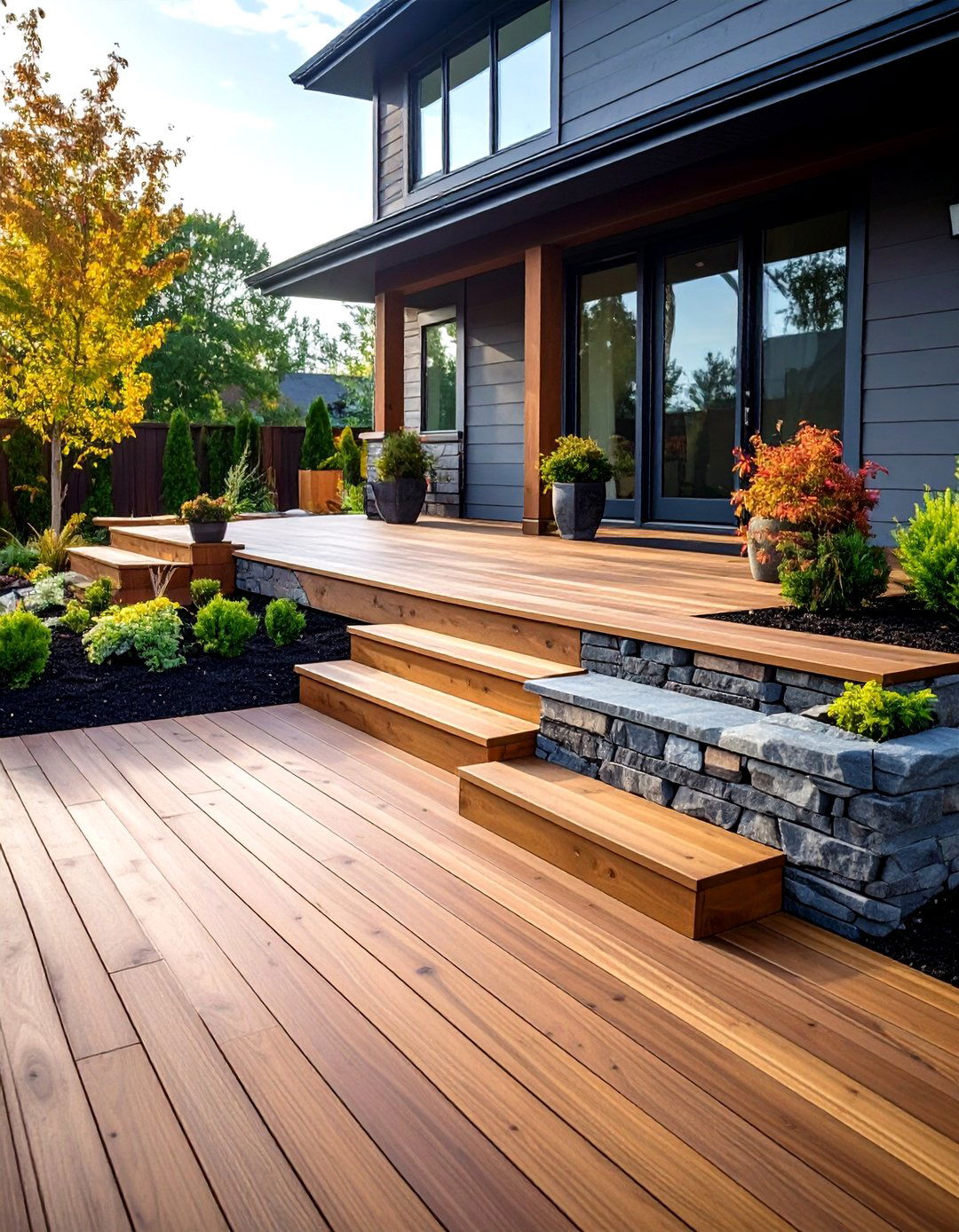
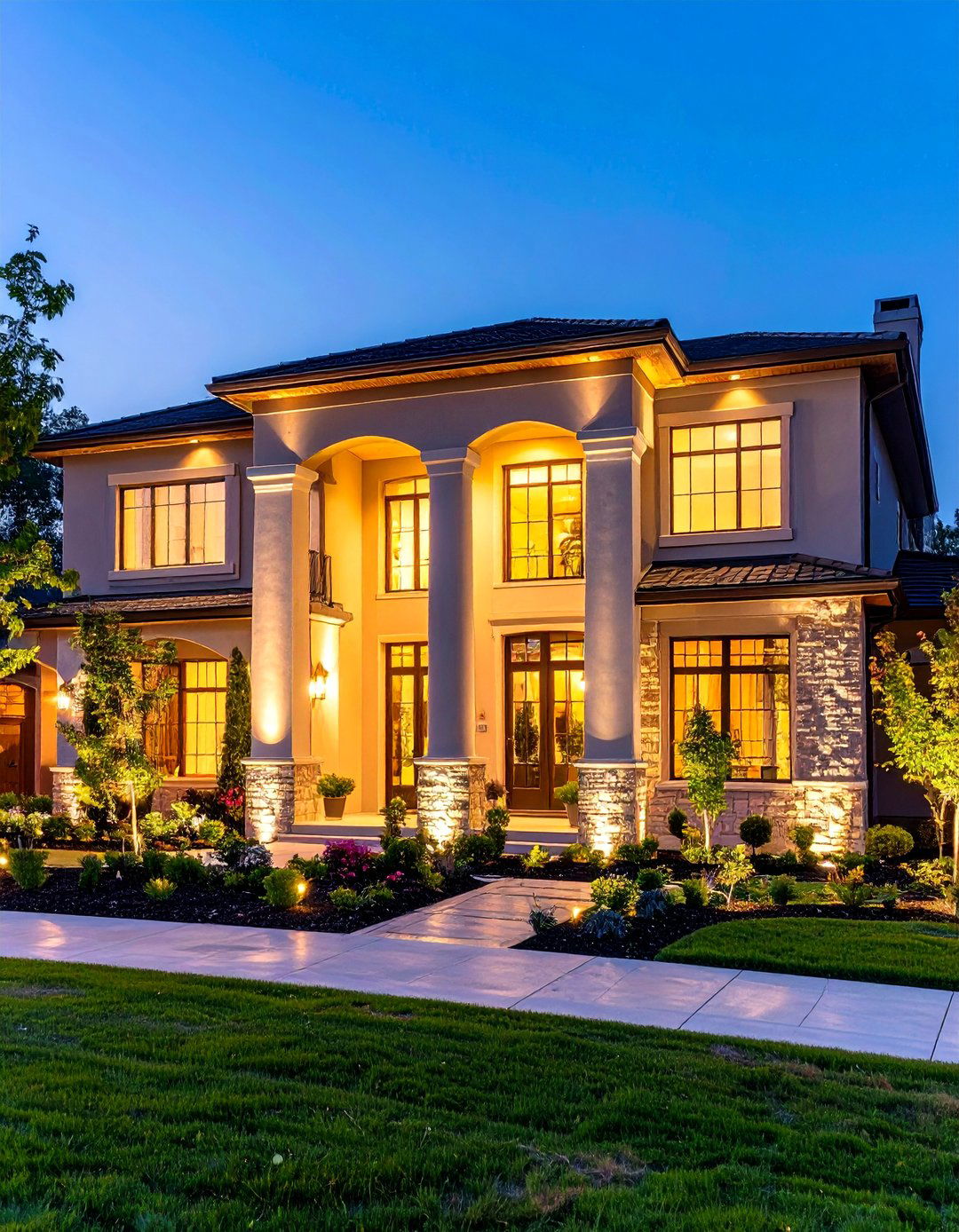
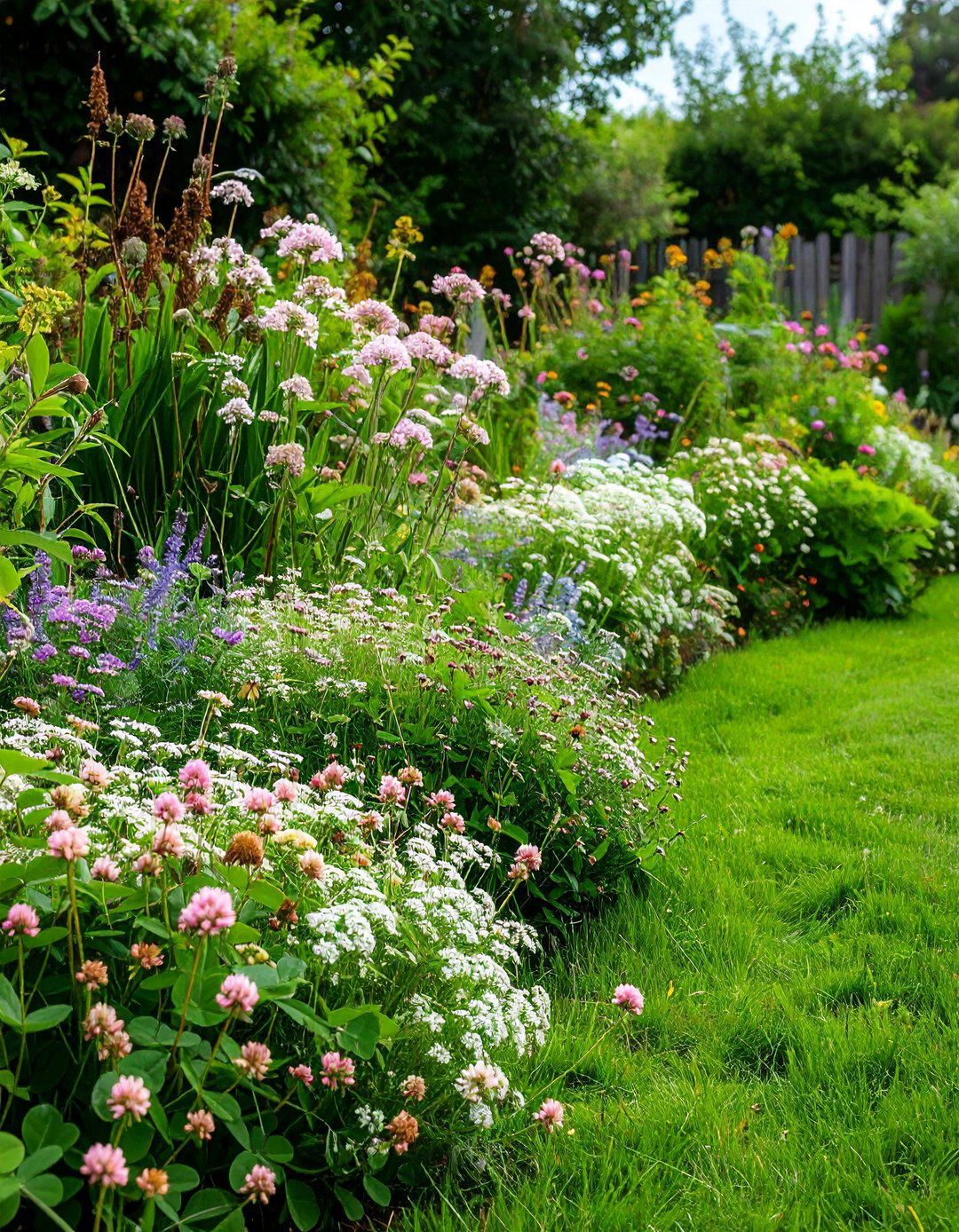
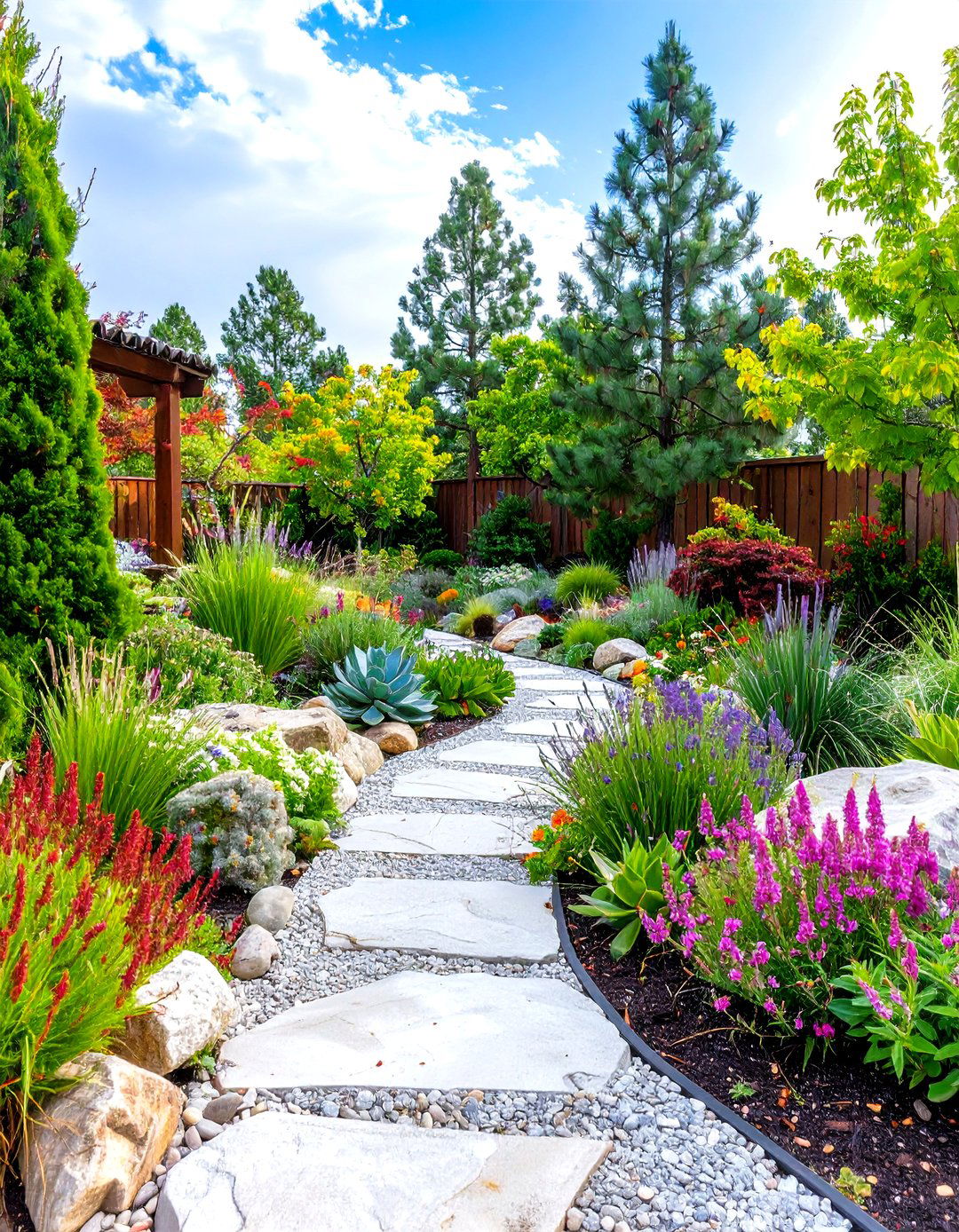

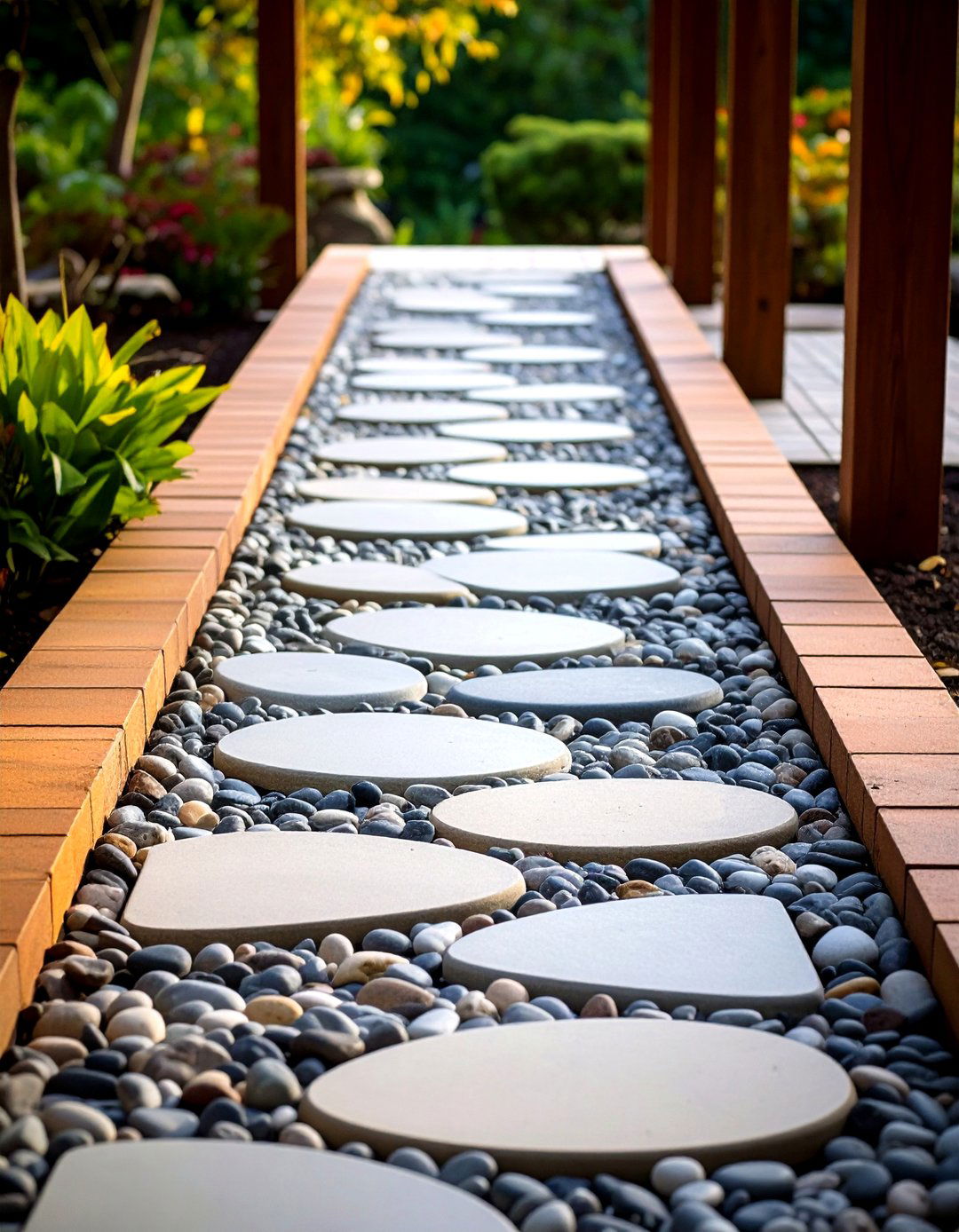

Leave a Reply